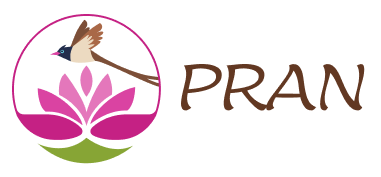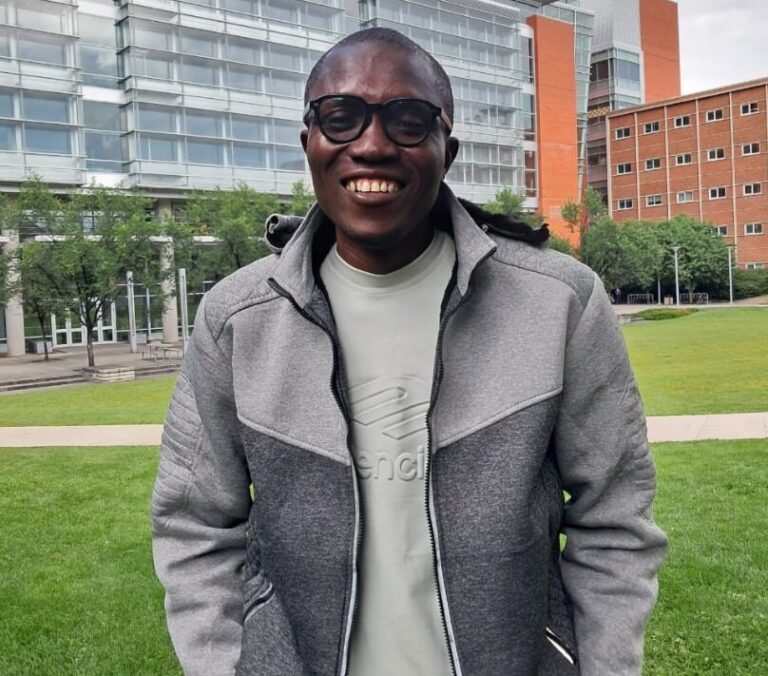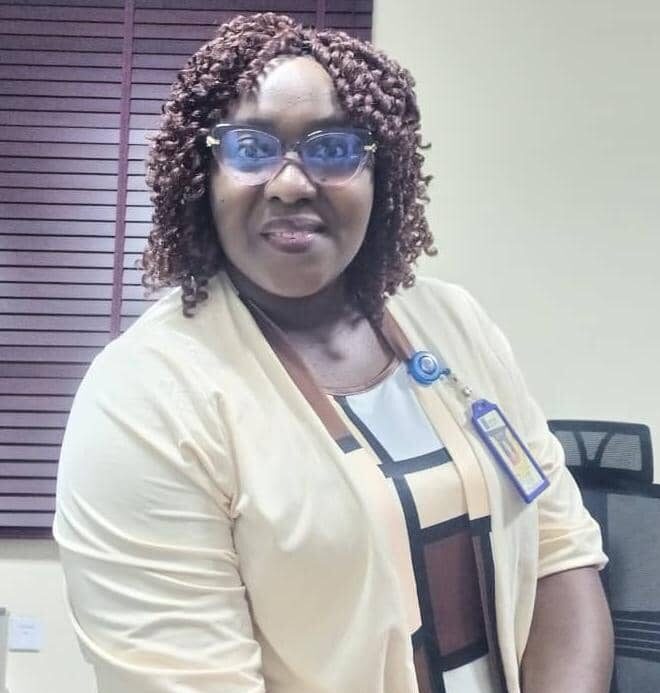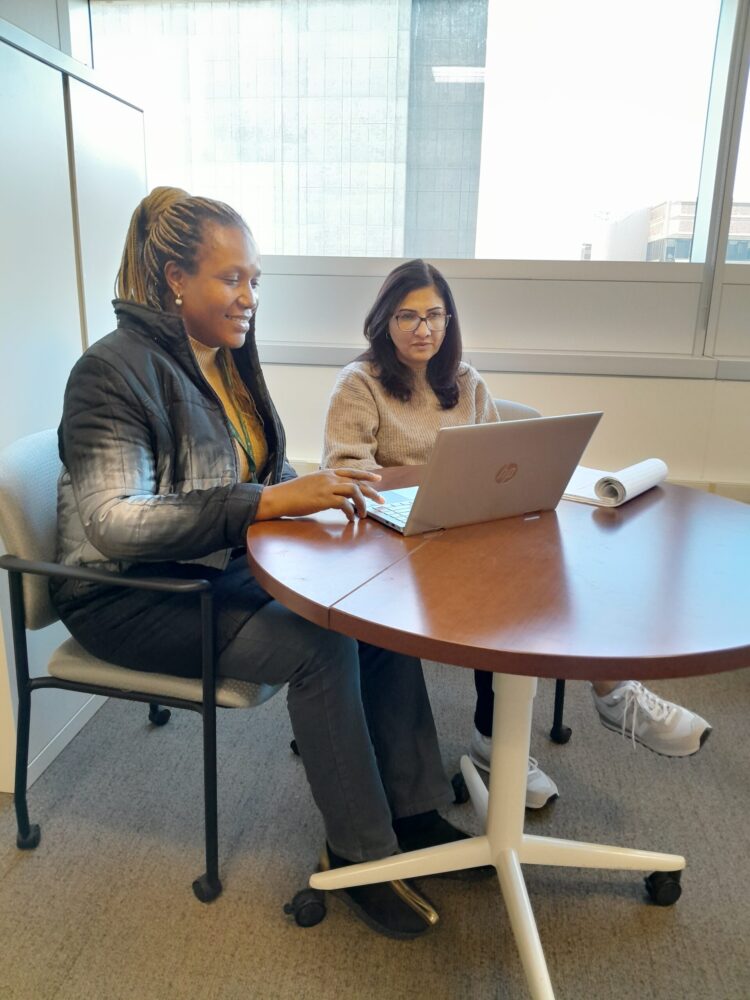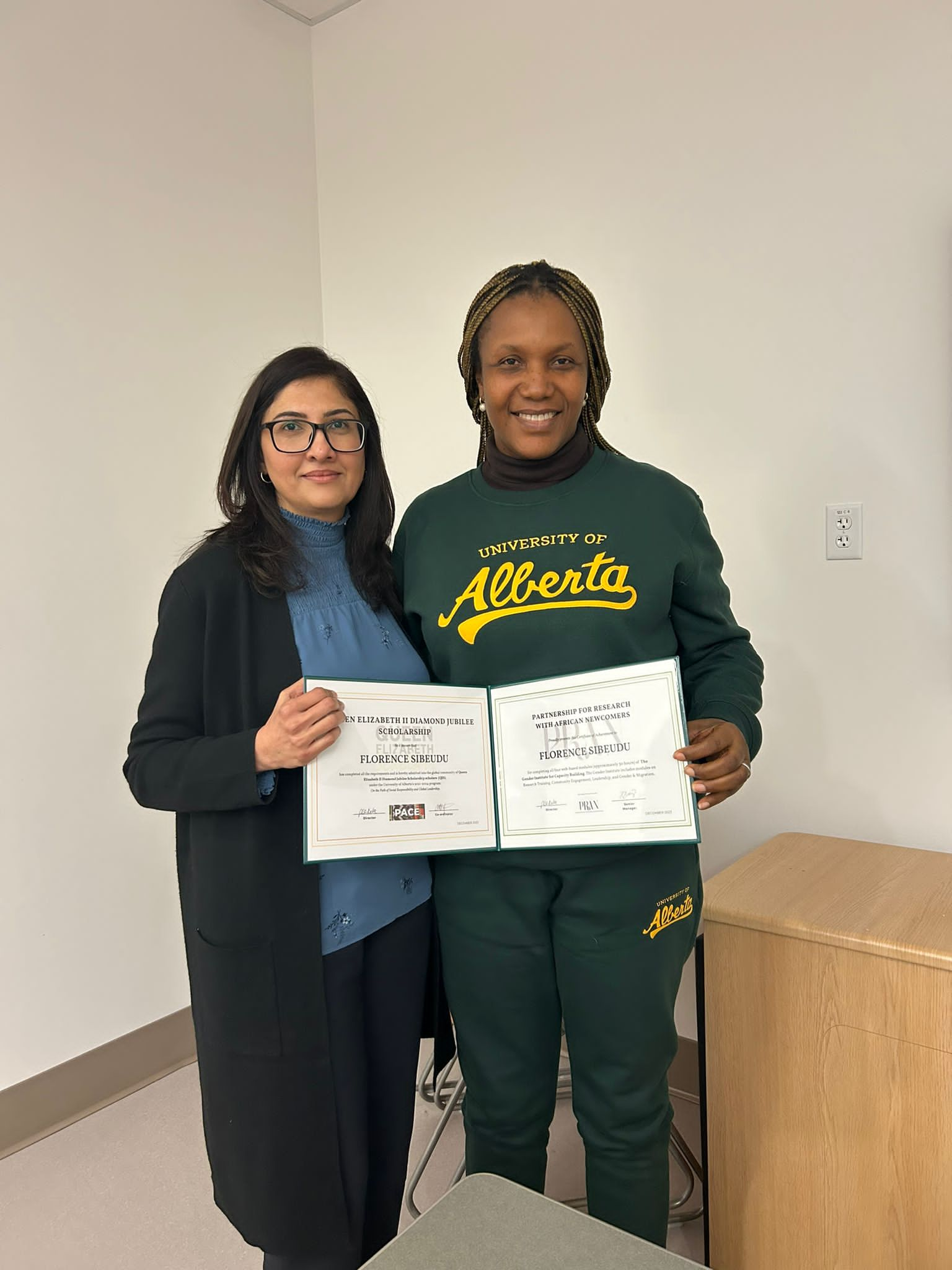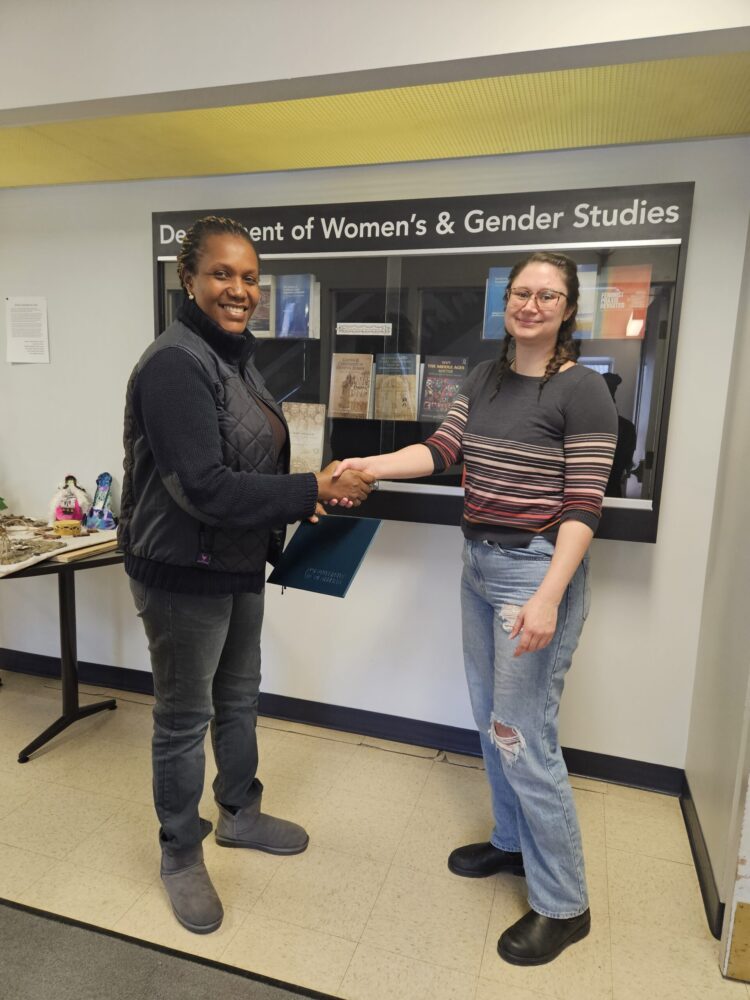Queen Elizabeth Scholars
On the Path of Social Responsibility and Global Leadership
This project is part of the Queen Elizabeth II Diamond Jubilee Scholarship program, serving as a platform for talent exchange between Canada and other nations. With the support of the Queen Elizabeth Scholarship (QES) and Universities Canada, our commitment lies in nurturing the upcoming generation of community-engaged researchers, leaders, and builders. Our approach integrates networking, academics, leadership development, and community partnerships.
Our QES initiative began in 2021, seeking to foster cross-cultural experiences that establish the foundation for transnational scholarship and collaboration. Since October 2023 we have welcomed several scholars and plan to welcome a few more before the end of the project in December 2025.
Meet our Scholars
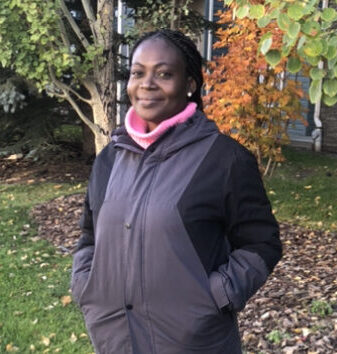
Dr. Ama Adu-Marfo

Dr. Martha Chidimma Egenti
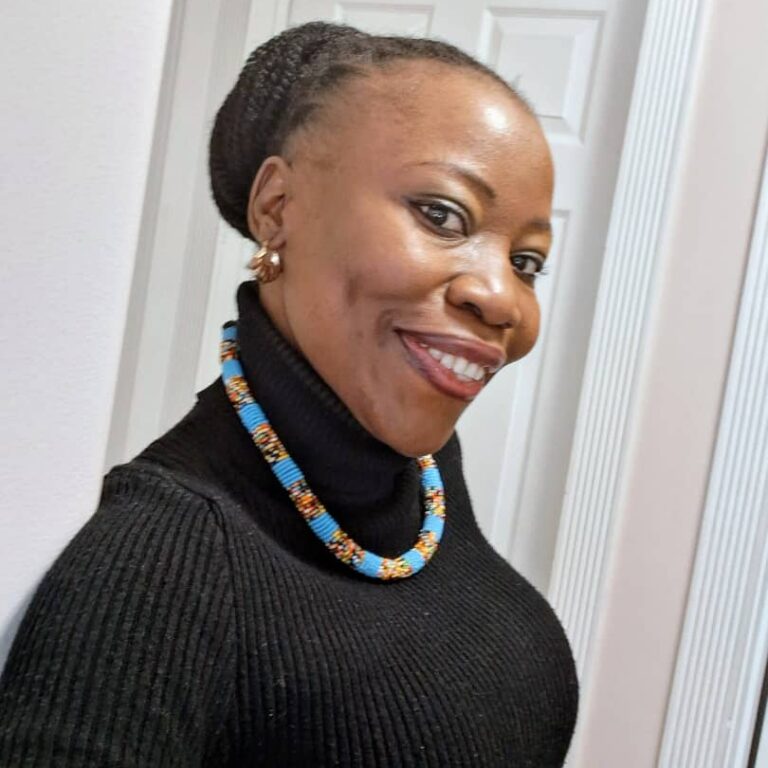
Dr. Añulika Kosy Okafor
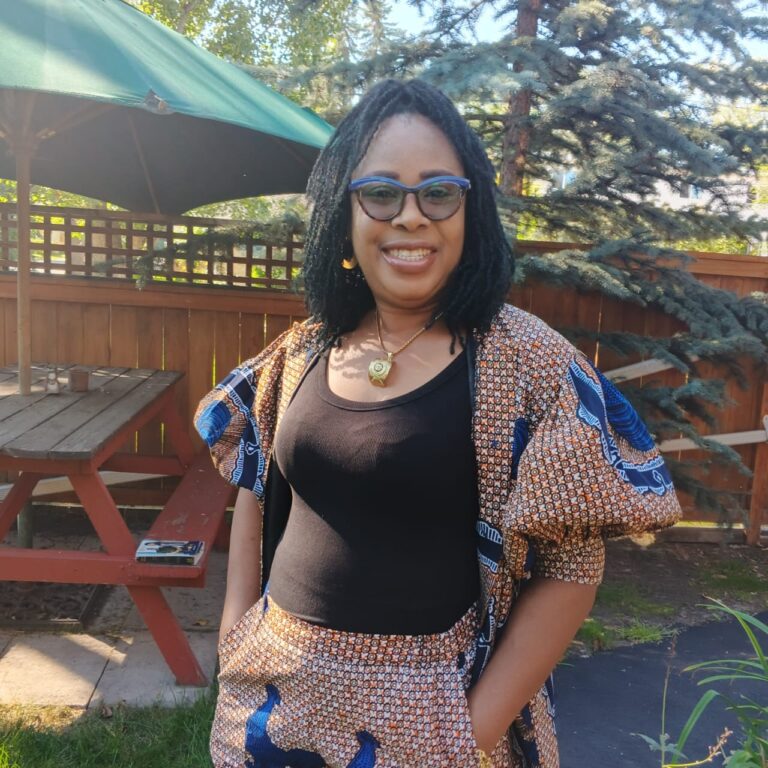
Dr. Chinwe Mariaceline Eze
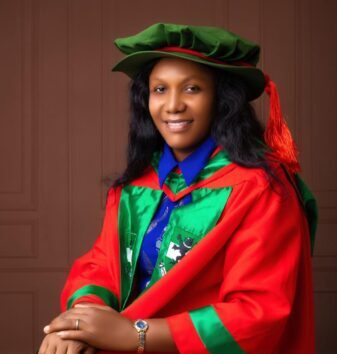
Dr. Florence Sibeudu
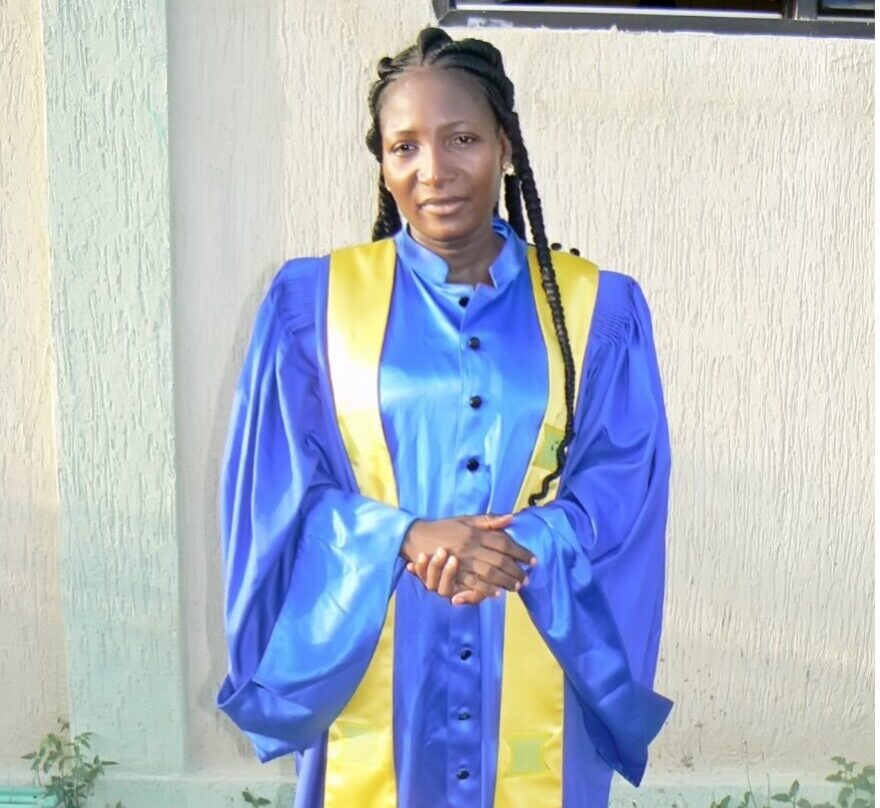
Dr. Biriziwè Houloum
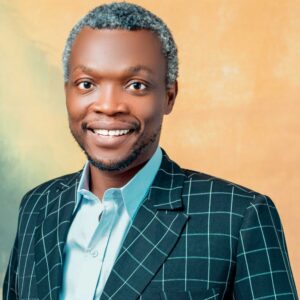
Dr. Emmanuel Chukwudalu Ohaekenyem
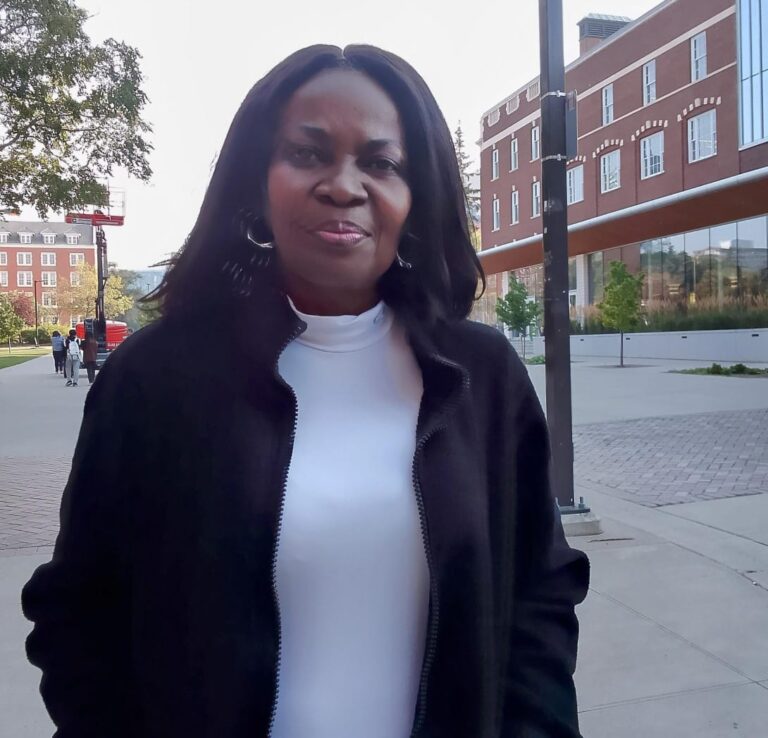
Dr. Ebele Peace Okpala
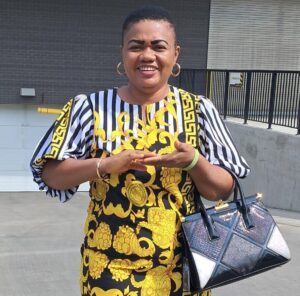
Dr. Linda Chihurumnanya Odikpo
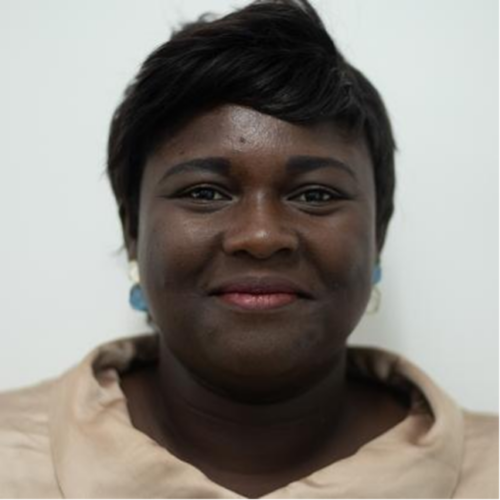
Dr. Araba Ata Hutton-Nyameaye
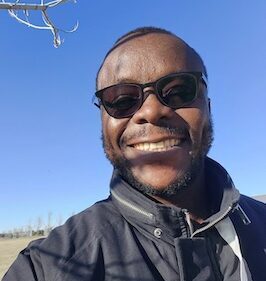
Dr. Emmanuel Onyeka Ebekue
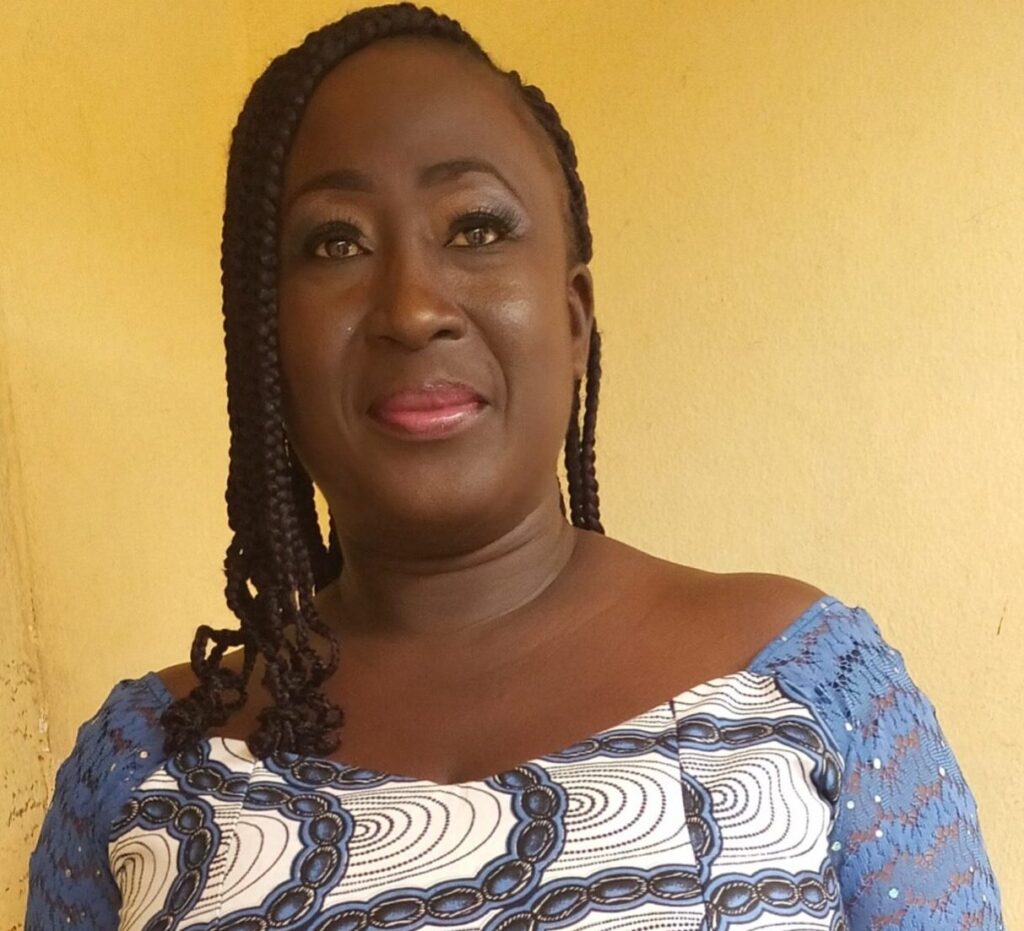
Dr. Bétiré Daria Ouradei
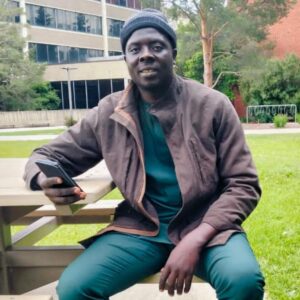
Dr. Chukwuma Paschal Ugwu
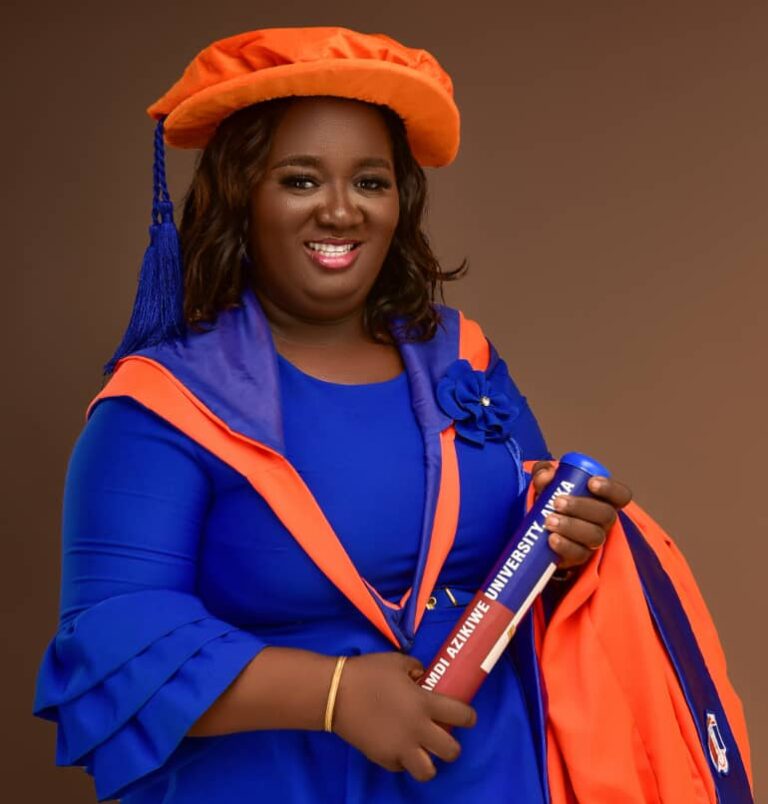
Dr. Cynthia Nwanneka Udeze
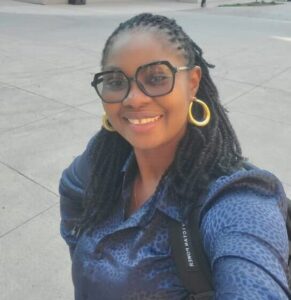
Dr. Chinwe Alazor
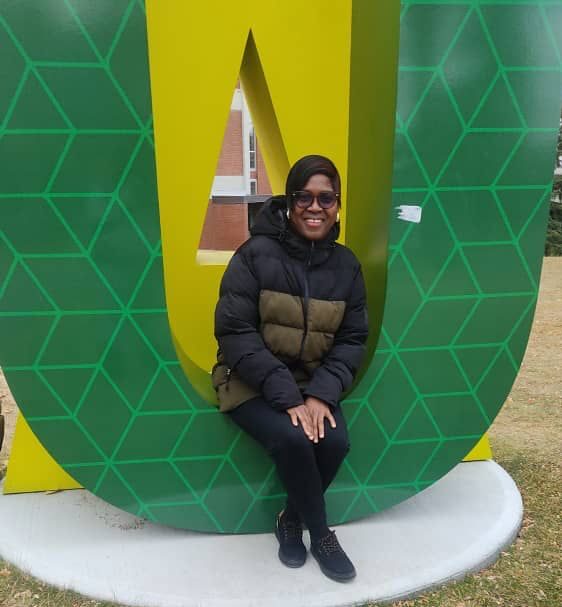
Dr. Ellen Eyi Klutsey
Dr. Ama Adu-Marfo
Ama is currently a lecturer at the University of Ghana and is interested in digital technology integration in teaching and learning, focusing on knowledge democratization regarding Ghanaian indigenous knowledge and lifelong learning. Examining an online adult education course offered by the University of Ghana, her QES research explores how creative teaching practices impact postgraduate student learning outcomes. Combining a qualitative approach with a Rich Environments for Active Learning (REALs) framework, her research focuses on four main dimensions of active learning—student responsibility and initiative in learning, generative learning, authentic learning contexts and assessment strategies, and cooperative support. Ama’s QES research project aligns with the University of Ghana’s goals to enhance the scholarship of teaching as well as our QES project’s desire to enhance institutional capacity and train emerging scholars to be true global intellectuals. In addition to her research activities, Ama is also volunteering with the Ghana Friendship Association of Edmonton, assisting them in developing their online language course.
Ama loves sightseeing, sunshine, and summer. She is not one to miss out on events or outings where there is sure to be laughter, love, and good music and food! When she isn’t enjoying time with people she loves, you can find her gardening or spending time amongst the flowers; plants signify life and beauty, which resonates with her. Ama also enjoys cooking, especially Ghanaian dishes—“Fufu and light soup” is her favourite meal, especially when she finds herself in places where temperatures are above 0℃.
Dr. Florence Sibeudu
Florence is currently a lecturer at Nnamdi Azikiwe University in Nigeria. Florence connected with the Anambra State Commissioner for Women and Children Affairs, which led to her QES research project. Using a qualitative approach, Florence is exploring factors that contribute to Anambra state’s higher rate of sexual assault of young women. Before arriving in Canada, Florence completed the data collection stage of her research, which included Focus Group Discussions and In-depth Interviews with victim-survivors and community stakeholders (policymakers, community leaders). Working closely with her mentor at the UofA, Dr Salima Meherali, Florence has analyzed her data and finished the first draft of her manuscript. Florence’s project reflects our project’s commitment to research for the betterment of our communities. While in Edmonton, she has also volunteered with the Igbo Cultural Association, conducting public health presentations for their network.
Florence is highly motivated and driven, drawing inspiration from her mother, a victim of early marriage with little access to formal education. Despite this, her mother raised incredible children who have dedicated themselves to service to their communities, demonstrating her will and innate potential. Recognizing that this same potential existed within her, Florence vowed to pursue higher education. While she has finished her Ph.D. This dedication to life-long learning is reflected in the many programs and workshops she attends, the certifications and other credentials she achieves, and her hope to one day establish a research institute in Nigeria. In her free time, Florence enjoys singing and listening to Christian worship songs and spending time with her very supportive husband and six inspiring children. Memorably, Florence delivered a set of twins on her birthday!
Dr. Emmanuel Onyeka Ebekue
In Nigeria, there is a robust tendency and an intrinsic desire to migrate among the youths, recent graduates, and middle-aged individuals with public and private sector work experience. Growing inflation and insecurity primarily drive this desire. Decisions on when and where to migrate are made based on available information passed through various means, including films, literature, news media, and sometimes by migrant returnees.
Emmanuel’s PhD research investigated representations of migrant experiences in Nigerian films and documentaries made by multinational media houses. My findings revealed a tendency towards extreme narratives—absolute romanticism and despicable ugliness. During his QES placement (March and April 2024), Emmanuel interviewed Nigerian migrants living in Edmonton about their pre-migration expectations and diaspora realities to provide alternative migration narratives to aid potential Nigerian migrants. Dr. Ebekue noted that the experience was quite exciting and, more importantly, very revealing. Amidst the many challenges that come with living far away from home, it would seem that many Nigerians in Edmonton are living their Canadian dreams.
His project will culminate in a visual documentary and an academic article.
Project Publications
- Coming Soon—Documentary and related article.

Dr. Martha Chidimma Egenti
Project Publications
- Coming Soon—Language use & Igbo-English Bilingual Children
- Language use and exposure of preschool-aged Igbo-English bilingual children, Early Childhood Voices Conference 2024

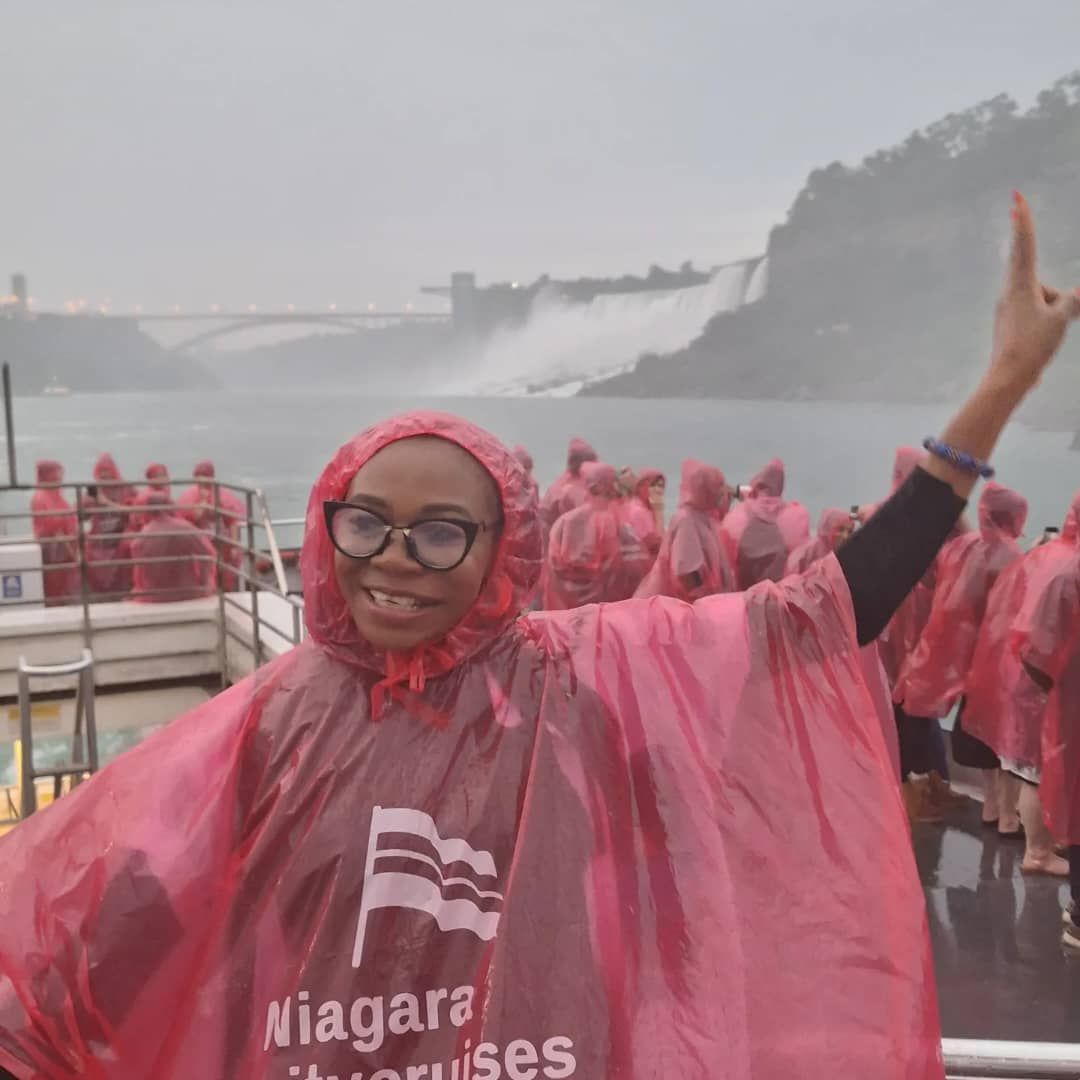

Our fourth QES scholar, Dr. Martha Chidimma Egenti, arrived in July and returned to UNIZIK near the end of August. Working with Dr. Andrea A. N. MacLeod of the Department of Communication Sciences and Disorders, Faculty of Rehabilitation Medicine, University of Alberta, Dr. Martha Egenti’s QES research project explores: ‘Language use and exposure of preschool-aged Igbo-English bilingual children’. Currently, the Igbo language is under threat due to the impact and dominance of the English language, negligence, and lack of transmission of the language. The research identified numerous noteworthy trends regarding location (rural vs. urban) and education (public vs. private), which impact Igbo language transmission. As part of the QES project, Martha worked under the Women and Gender Equality (WAGE)-funded program at Africa Centre. She volunteered and participated in community engagement events, which improved her networking and leadership skills. In addition to her work at Africa Centre, she took part in the August Teaching Institute workshop organized by the Centre for Teaching and Learning (CTL). The workshop (and CTL) aims to enhance teaching and student learning experiences through evidenced-based programming.
Martha enjoys good food and music and loves to travel and meet new people. Canada is the 7th country she has visited. Edmonton’s Cariwest Festival and Niagara Falls are her most memorable experiences from her trip to Canada. She and her husband, Samuel, have four lovely children together.
Dr. Biriziwè Houloum
Dr. Biriziwè Houloum is a professor-researcher at the University of Kara (Togo). Her thesis, defended at the University of Kara in 2021, focused on Communication Technologies (ICT), social background, and school performance in French and mathematics among school children in Togo. She hopes to pursue a career in the same field as her thesis topic, focusing on the determinants of students’ school performance and the digital divide in education. Dr. Houloum is a member of LaRELiPS (Laboratoire de Recherche et d’Etudes en Linguistique, Psychologie et Sociétés) and of ReFEST (Réseau des Femmes de l’Enseignement Supérieur du Togo).
Dr. Biriziwè Houloum is also a member of Togo’s “Action Humanitaire” association, which hosts radio programs, debates, and conferences on children’s education and family well-being. In her spare time, Dr. Houloum enjoys swimming, reading, traveling, listening to music, and watching the cinema.
Project Publications
- Coming Soon
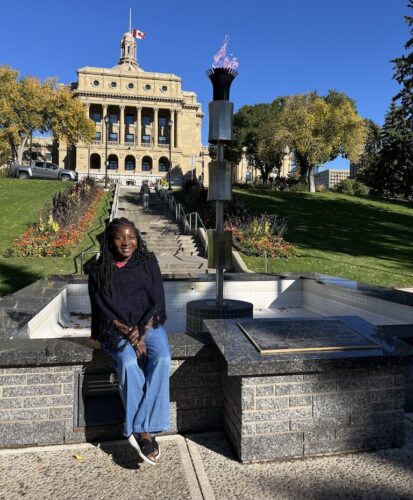
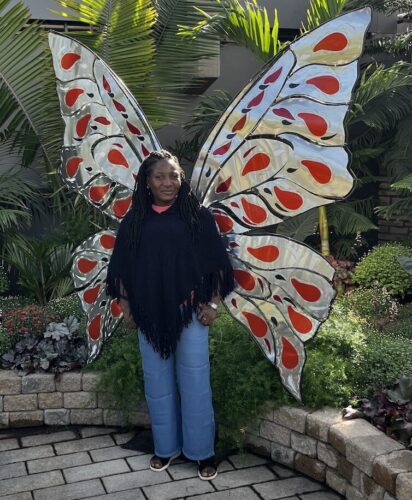
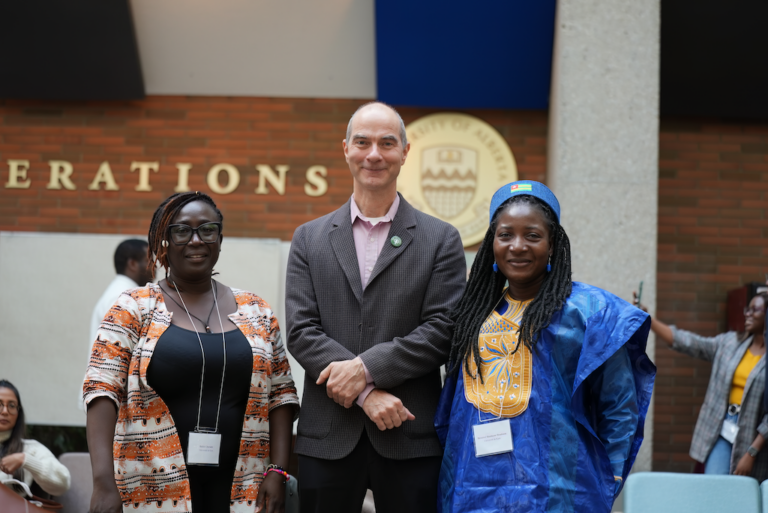
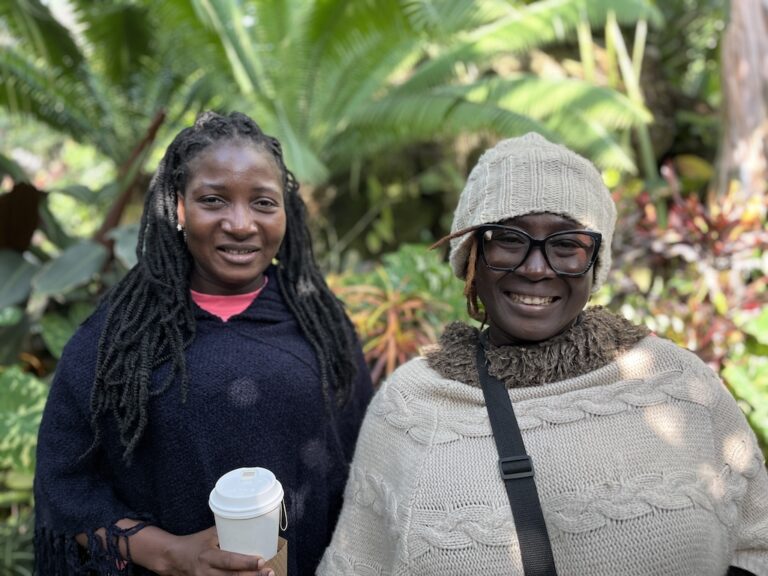
Dr. Bétiré Daria Ouradei
Project Publications
- Coming Soon
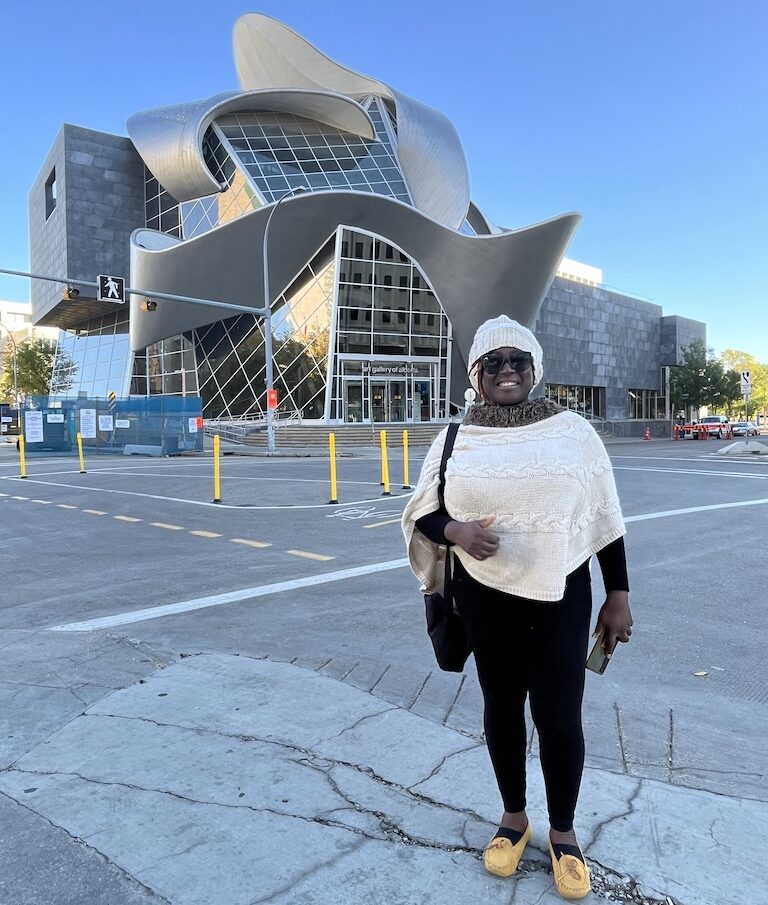
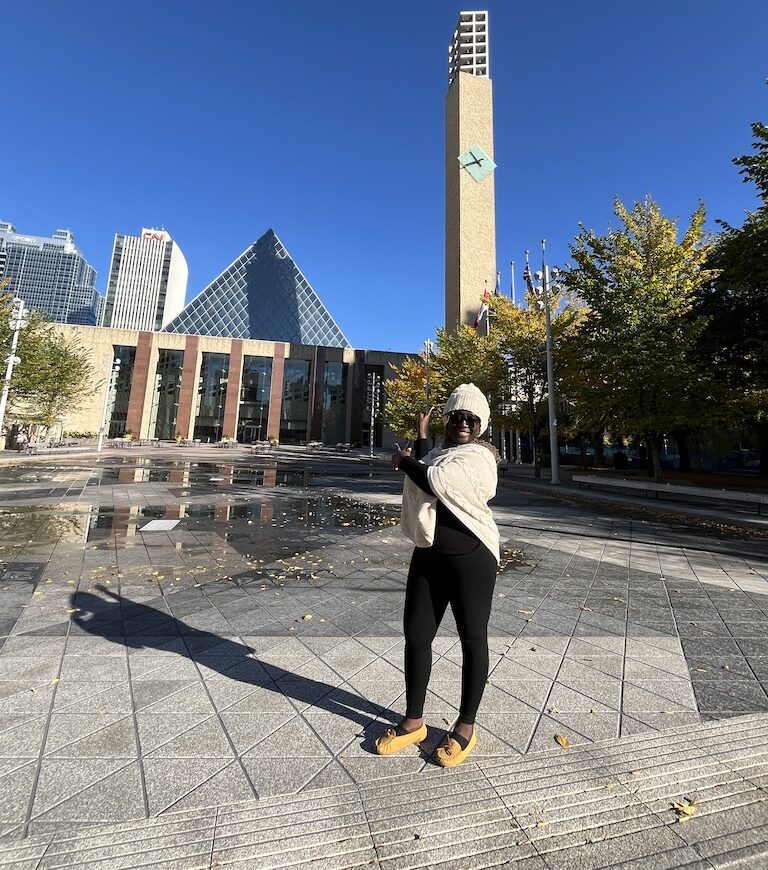
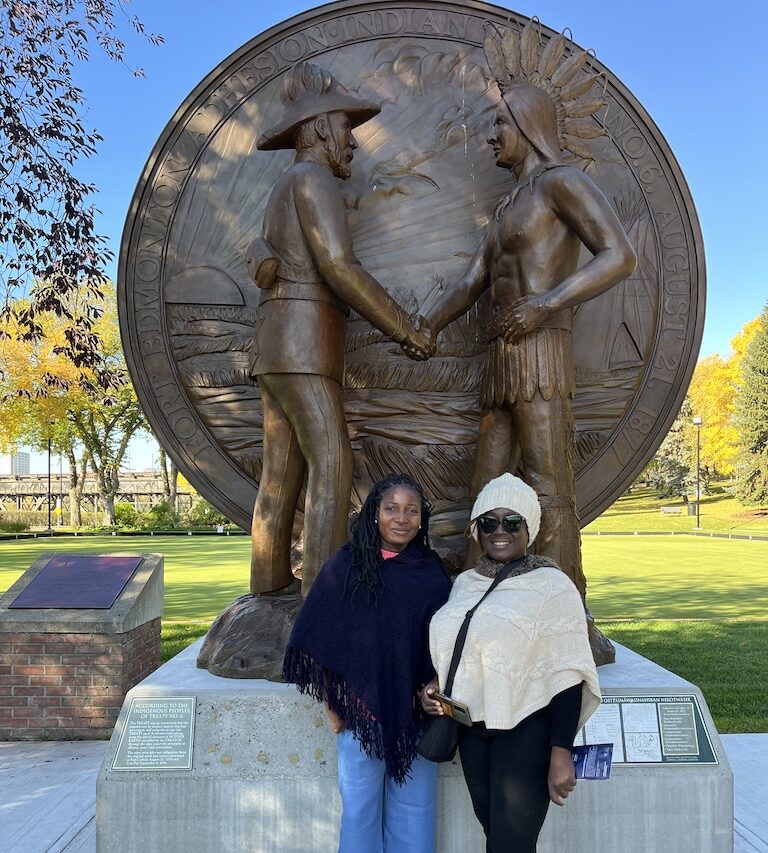
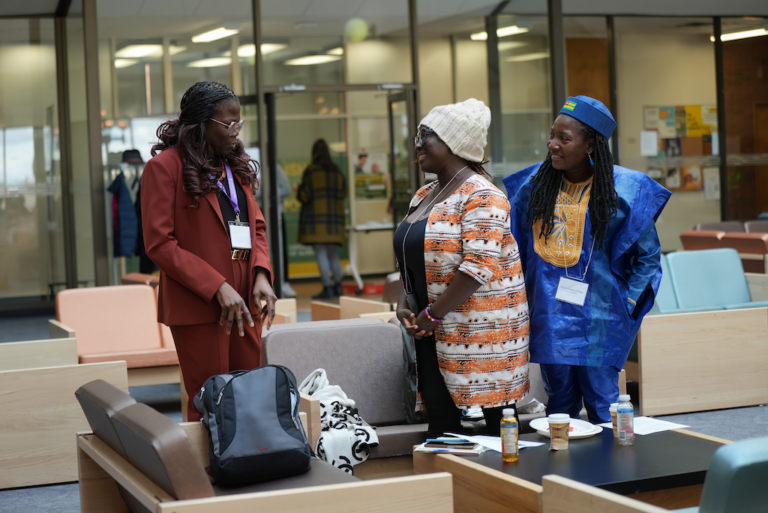
Dr. Bétiré Daria Ouradei is a professor-researcher at the University of Kara (Togo) in the Department of Sociology. Passionate about gender issues and female leadership, Dr. Ouradei also offers training to young girls on leadership, their self-fulfillment, and the proper use of social media. Her thesis, informed by her interest in Communication Technologies, focused on the sociology of media and communication. After defending her thesis in 2018, Dr. Ouradei’s interest in ICTs continues; her current research focuses on their influence and use by individuals, especially regarding social media and the internet. Dr. Ouradei is member of the LaReLIPS laboratory (Laboratoire de Recherche et d’Etudes en Linguistique, Psychologie et Sociétés) and of ReFEST (Réseau des Femmes de l’Enseignement Supérieur du Togo), and an honorary member of ANGeWoL (Association of New Generation Women Leaders). From 2012 to 2021, she was an active member of JCI Togo (Junior Chamber International) and a sympathizing member since 2022.
Daria enjoys reading (anything and everything, as long as it makes her feel good), watching TV, singing, and listening to music, and cooking. She also enjoys working with children and youth. Embracing her love of singing and working with children, she oversees the Children’s choir in her parish. Daria also loves traveling and discovering other cultures and flavours.
Dr. Añulika Kosy Okafor
Dr. Añulika Kosy Okafor is a lecturer in the Department of Theatre and Film Studies at Nnamdi Azikiwe University. She has a BA, MA, and PhD in Theatre and Film Studies, specializing in costume and makeup in theatre and film design, as well as an MSc. in Migration Studies. While passionate about research, storytelling through costuming is her soul. Dr. Okafor’s work explores the intersection of performance and visual aesthetics, reconstructing history and shaping audience perceptions of cultural identity and representation.
She is “particularly interested in authenticity, migration, and gender, examining how narratives in theatre and Nollywood films challenge and redefine traditional and diasporic performance practices, socio-cultural and political discourses, and the evolving role of costumes in storytelling. For me, cinema is more than entertainment—it is a powerful vehicle for cultural transmission, reclamation, and preservation, as well as social critique and transformative storytelling. In Nollywood, where visual storytelling is central to narrative construction, costumes—alongside other visual aesthetics and filmic design—play a crucial role in shaping meaning, reinforcing identity, and constructing a sustainable cultural memory.
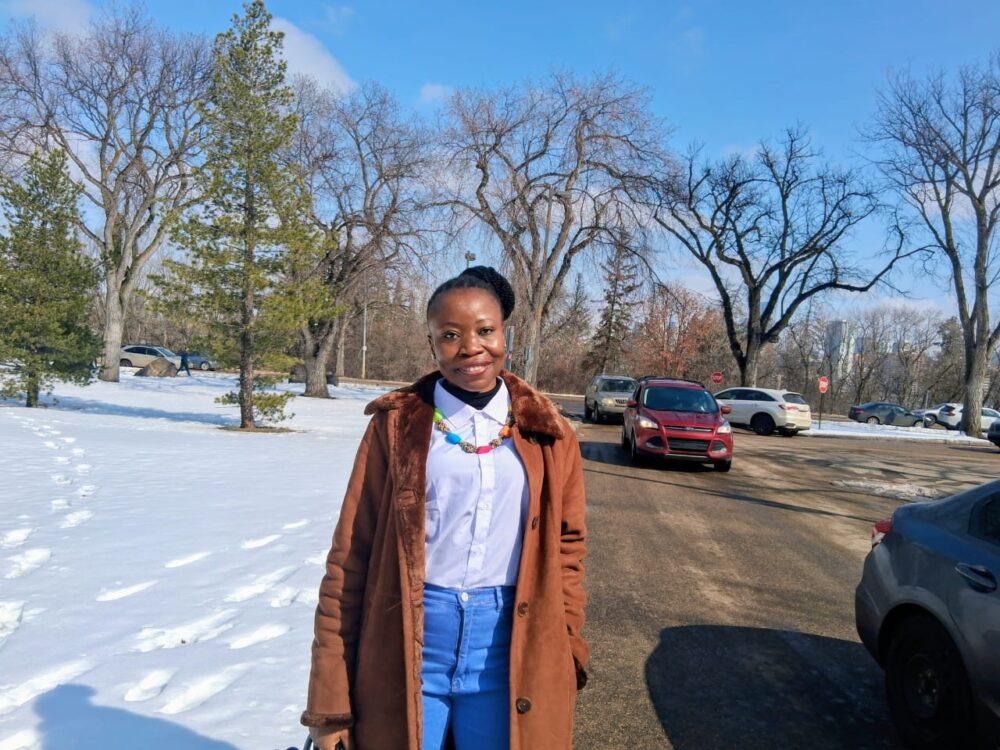
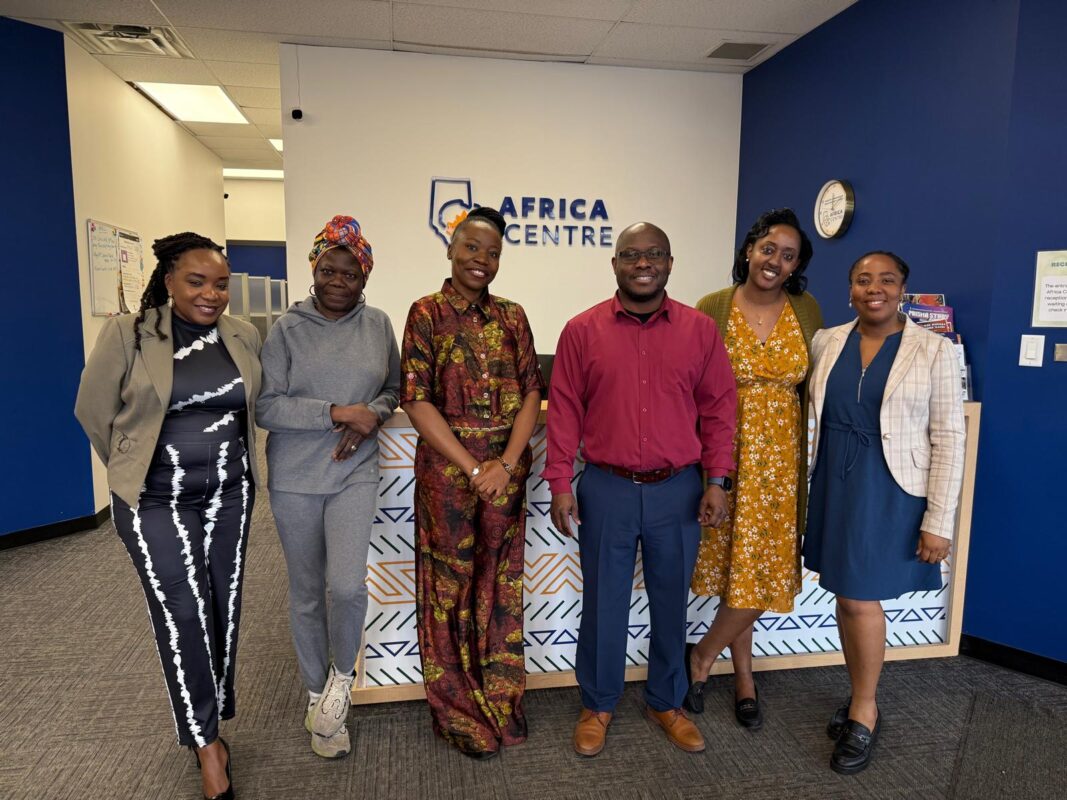
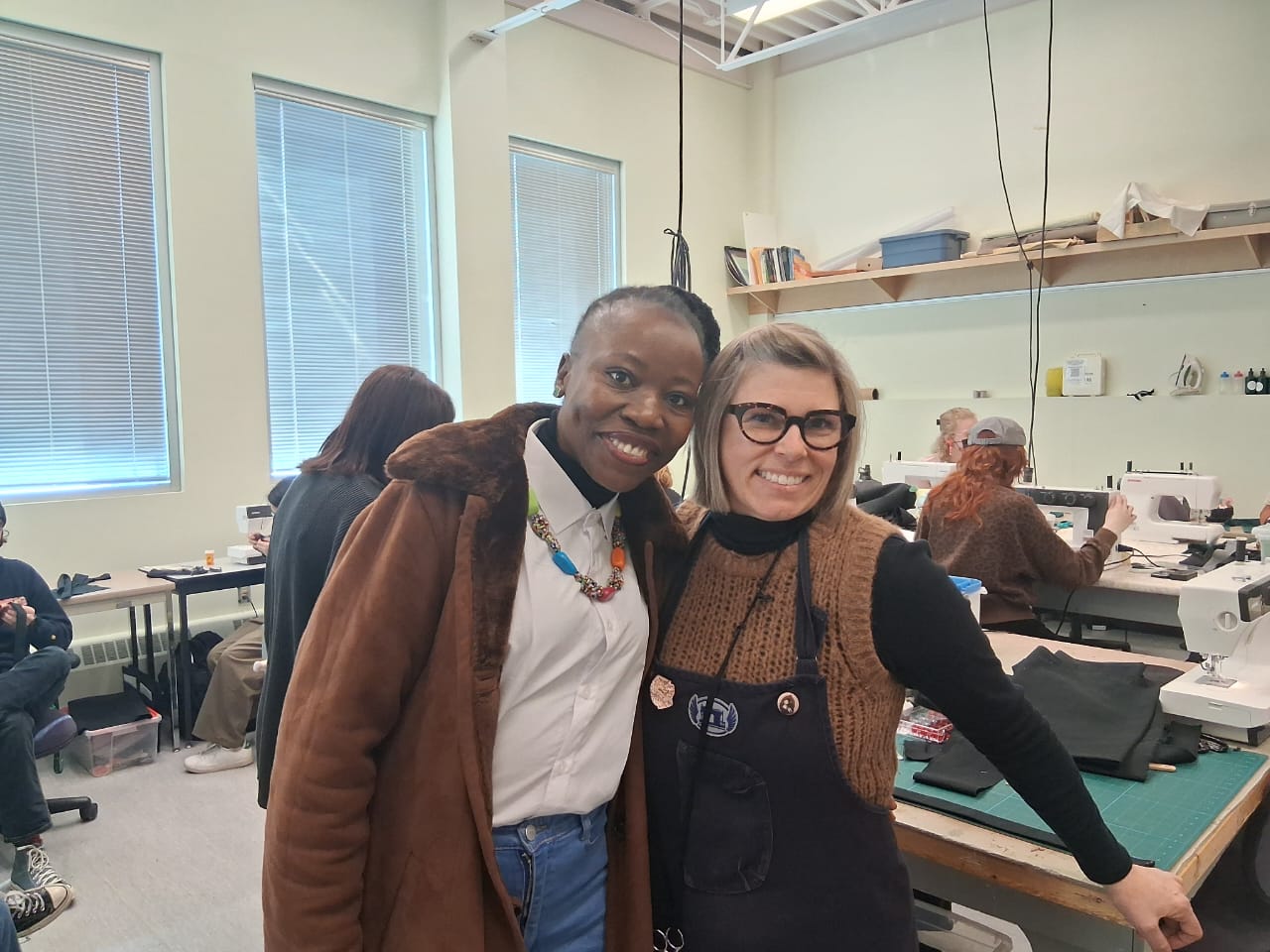
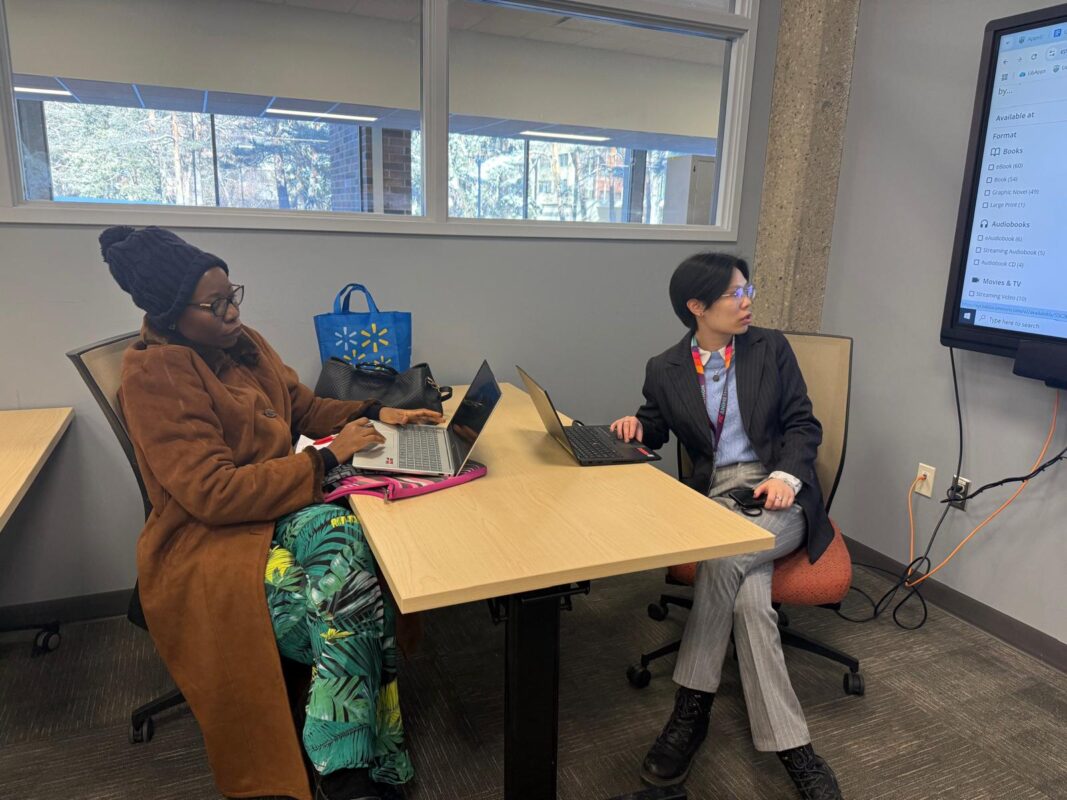
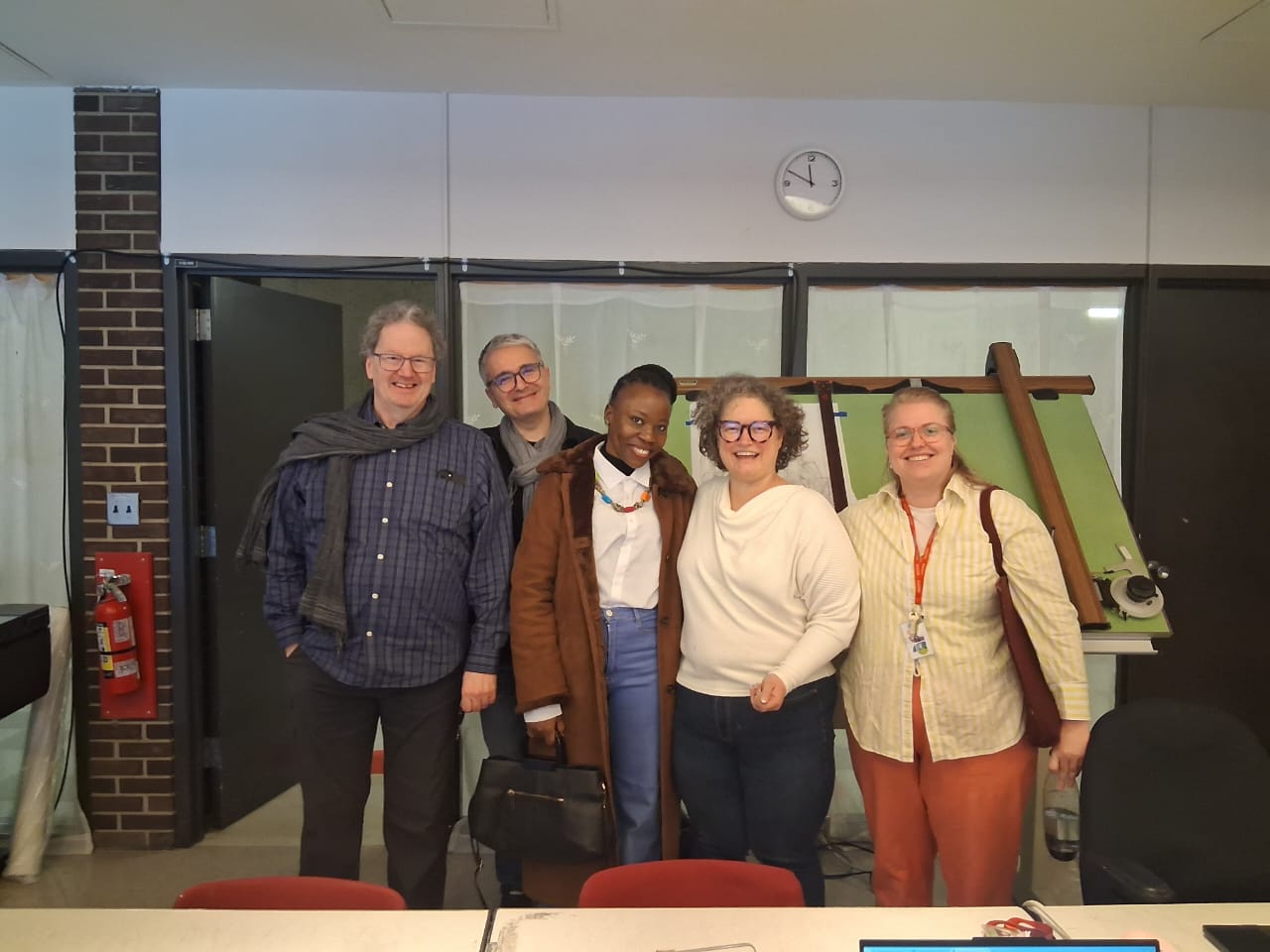
Project Publications
- Coming Soon
About becoming a QEScholar Añulika feels that “Canada is more than an academic opportunity—it is a call to leadership, cross-cultural collaboration, and meaningful global engagement. Canada offers a dynamic space where I can expand my research, engage with diverse artistic and academic communities, and refine my expertise in costume design as a tool for cultural reclamation, historical authenticity, resistance, and identity formation in African diasporic cinema”.
Beyond academia, Añulika is passionate about indigenous knowledge acquisition, cultural healing traditions, thread and needle crafts, folksongs, music, and hymns. She has a deep love for songs, which profoundly shaped her creative and spiritual journey, ultimately inspiring the unique practice Añulika refers to as “Expressive Arts Therapy (Exa Therapy)”—a transformative approach integrating music, movement, and cultural expression as tools for healing and self-discovery. Through this practice, she seeks to bridge indigenous wisdom with contemporary therapeutic modalities, fostering personal and social well-being.
Dr. Emmanuel Chukwudalu Ohaekenyem
Project Publications
- Coming Soon
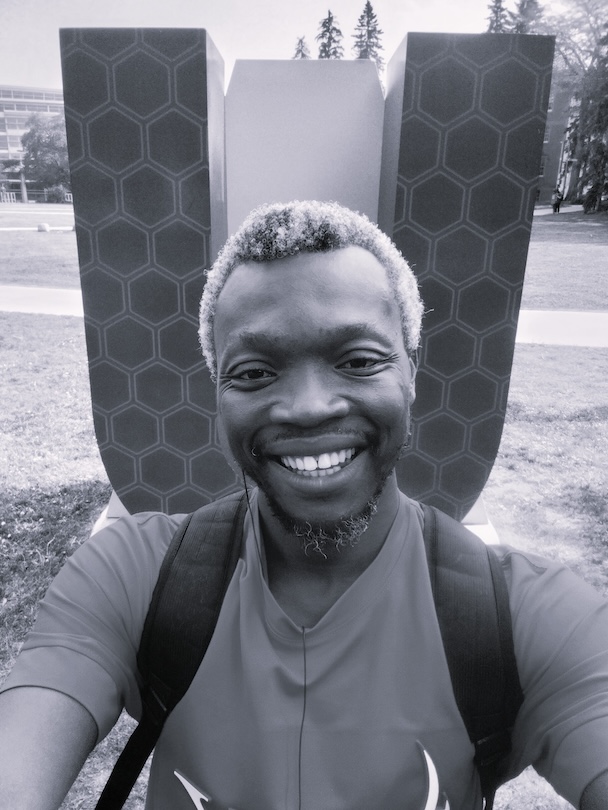
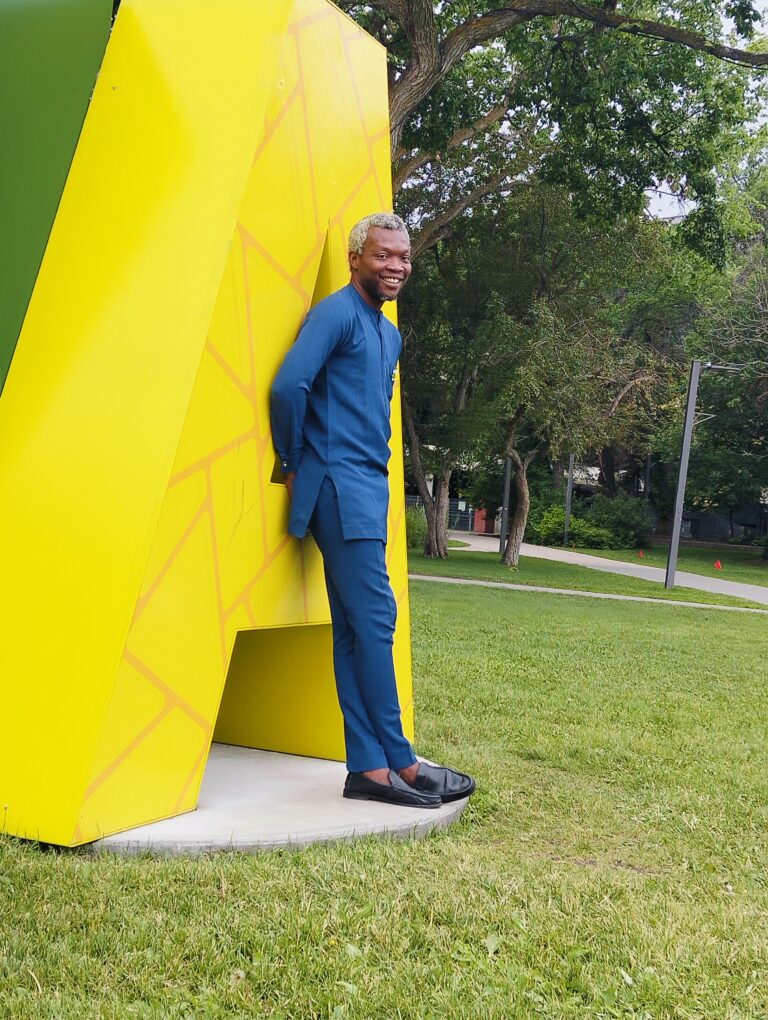
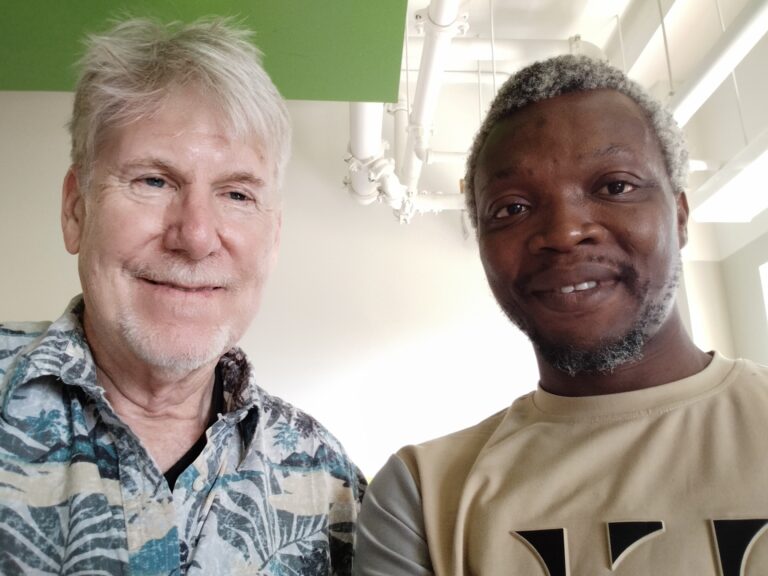
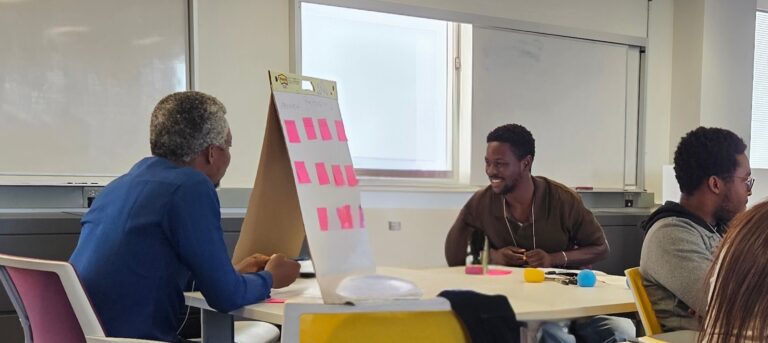
Dr. Emmanuel Chukwudalu Ohaekenyem is a lecturer and emerging researcher at Nnamdi Azikiwe University, Awka, Anambra State, Nigeria, in the department of Bioinorganic Chemistry. Emmanuel holds a PhD and MSc in Bioinorganic Chemistry, BSc in Chemistry, specializing in Chemical Biology, Bioinorganic Synthesis, and Cancer Research. Dr. Ohaekenyem is passionate about science communication and leads community outreach activities that make chemistry engaging and fun for students. Outside of research, he enjoys long walks in nature, reading historical fiction, and curating playlists that blend classical, gospel, and Afrobeats.
When asked what influenced him to go into his field, Emmanuel had this to say: “For as long as I can remember, I’ve been fascinated by how chemistry can help solve real-world problems. Growing up, I was that curious kid who always wanted to understand how things worked, especially when it came to health and healing. That curiosity led me to chemical biology and bioinorganic chemistry, where I explore how specific compounds interact with the human body to fight diseases like cancer. What truly drew me into this field wasn’t just academic interest; it was deeply personal. I lost my aunt and a student’s mother to breast cancer. Those experiences transformed cancer from a scientific problem into a human one. They made me realize how many women—especially in Sub-Saharan Africa—face cancer with limited support, late diagnoses, and inaccessible treatment options. In many communities, social norms place women in subordinate roles, limiting their autonomy to seek healthcare or afford life-saving drugs. This inequity, combined with gender-biased healthcare systems and a lack of women’s representation in research and policy spaces, has only widened the survival gap”.
Dr. Chukwuma Paschal Ugwu
Project Publications
- Coming Soon

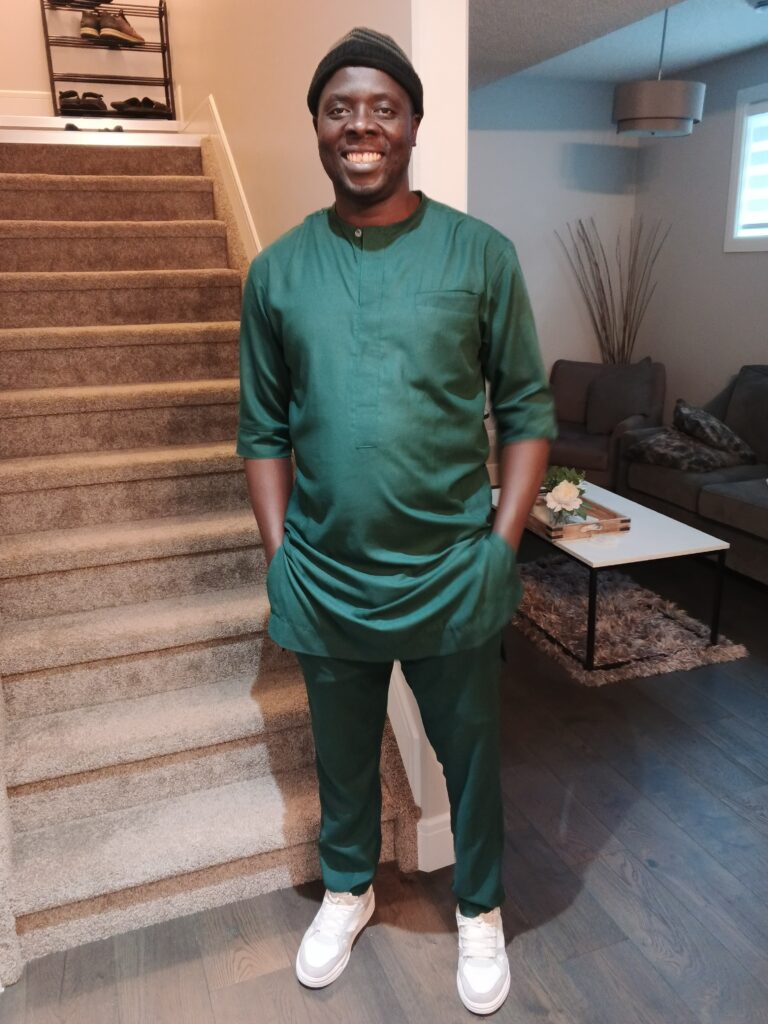
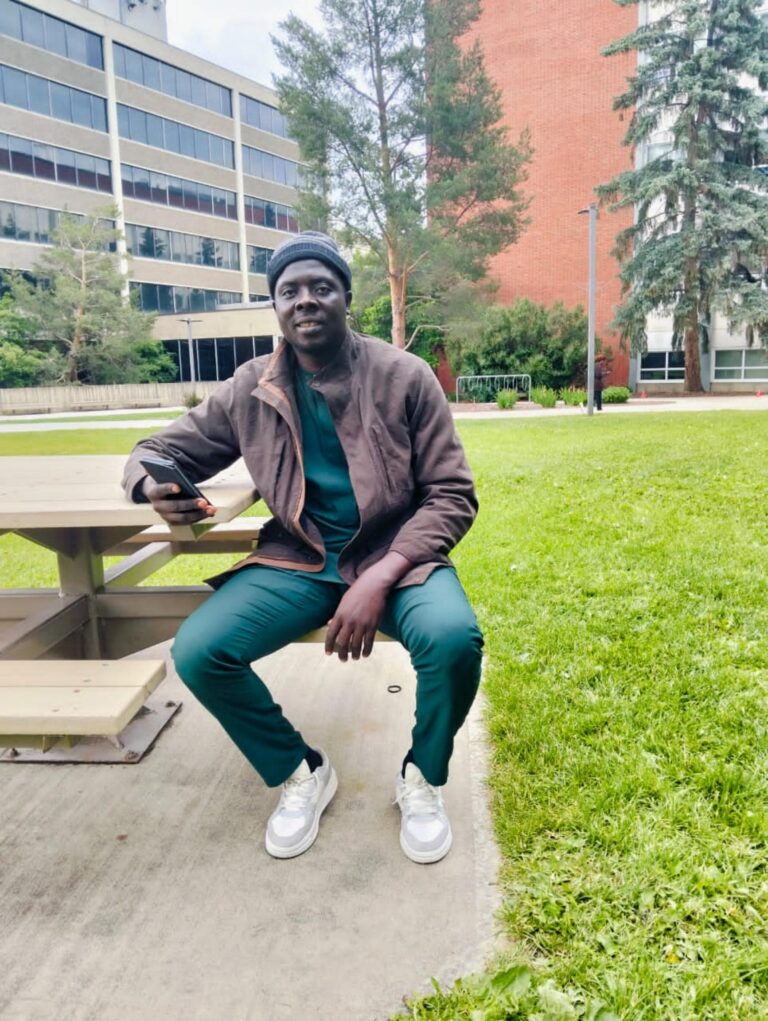
Dr. Chukwuma Paschal Ugwu is a lecturer and emerging researcher at Nnamdi Azikiwe University, Awka, Anambra State, Nigeria, in the department of Psychology. He holds a PhD, MSc, and BSc in Psychology, specializing in Developmental Psychology, and received special training on the ACT of Raising Safe Kids.
Outside of research, Paschal enjoys helping people solve their problems, relaxing walks, and meaningful conversations. He enjoys hearing about people’s life experiences; he finds hope for the future in them. “I feel inspired when I hear resilience-laden stories about how people encountered challenges and navigated them successfully“.
When asked what influenced him to go into his field, Paschal said, “My experiences as an adolescent made me realize that youth need holistic support to flourish and achieve stability in life. In my search for an answer to the peculiarity of the adolescence stage, I enrolled in psychology. In one of my undergraduate classes, a young and very knowledgeable lecturer thoroughly explained the changes that occur throughout the human lifespan and the reasons adolescence is a critical period in human development. From that day, I knew that he had answers to my questions about adolescent challenges. Upon my return for graduate studies, I enrolled in developmental psychology, a specialty characterized by the understanding of lifespan changes under the mentorship of Prof. Chidozie Nwafor. Since then, my activities—research and teaching—have revolved around lifespan development”.
Dr. Chinwe Mariaceline Eze
Project Publications
- Coming Soon—Contributory Pension Scheme and Post-Retirement Management of Women in the Public Sector: An Exploration of Nigerian Experience’
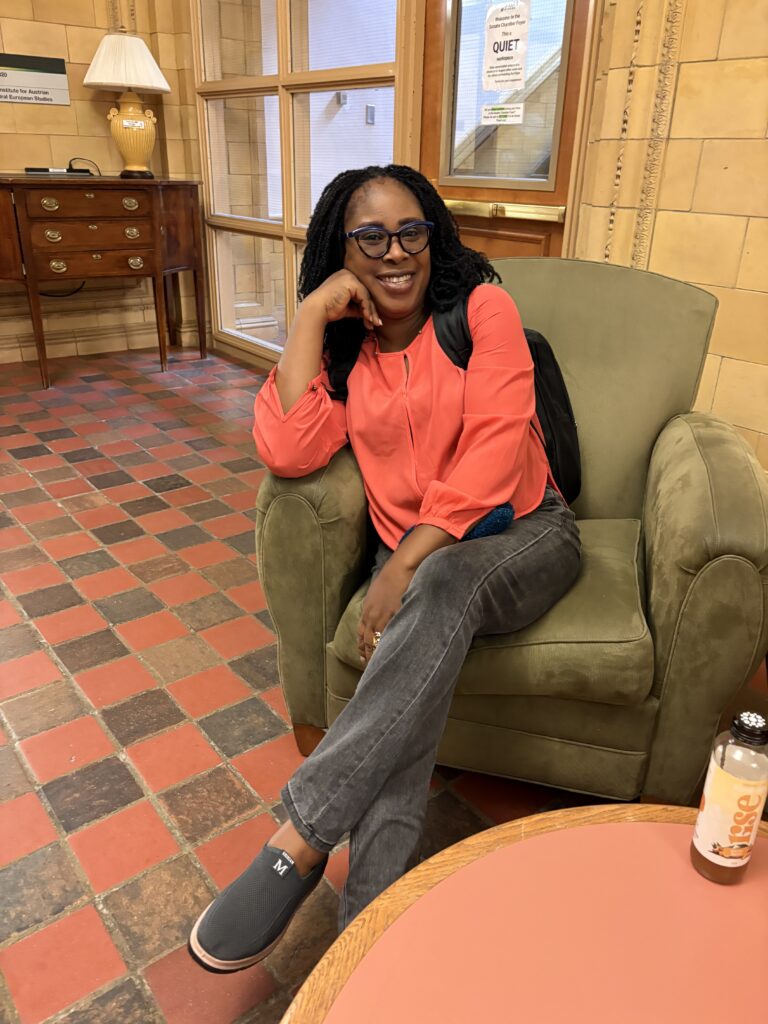
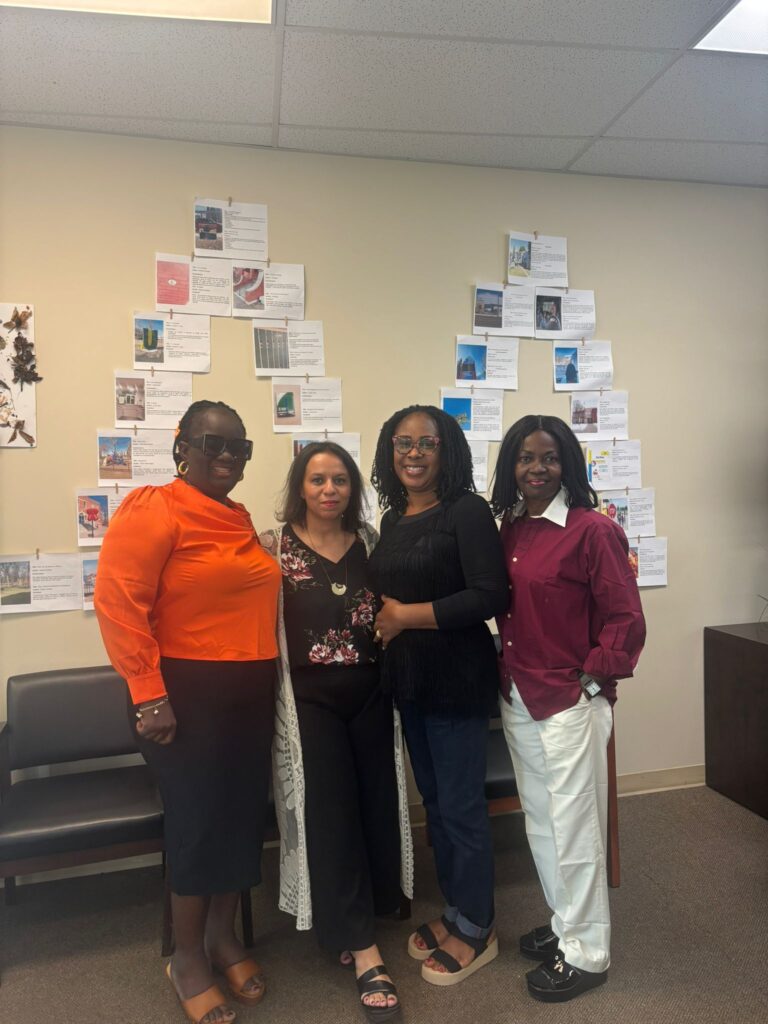

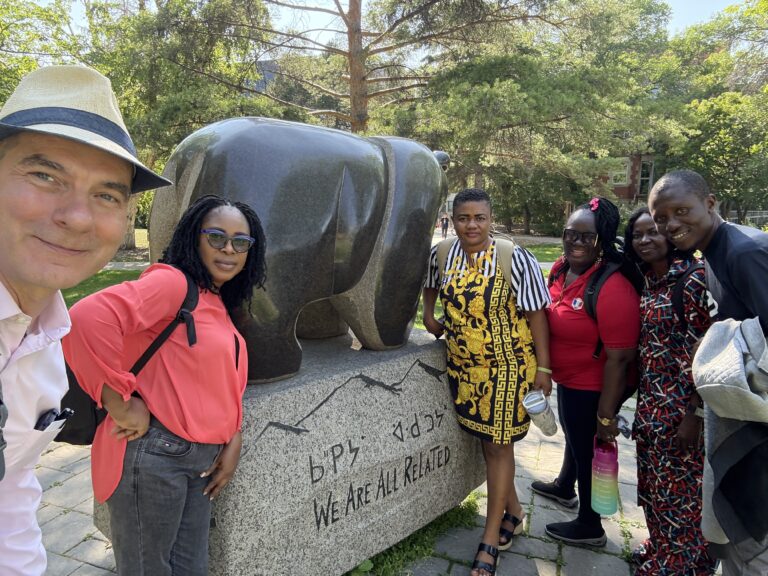
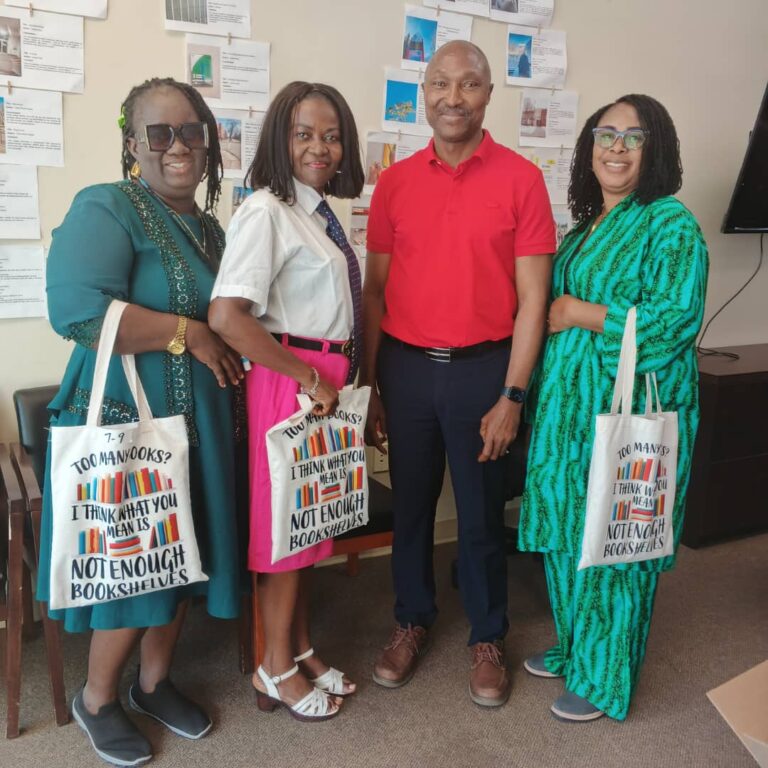

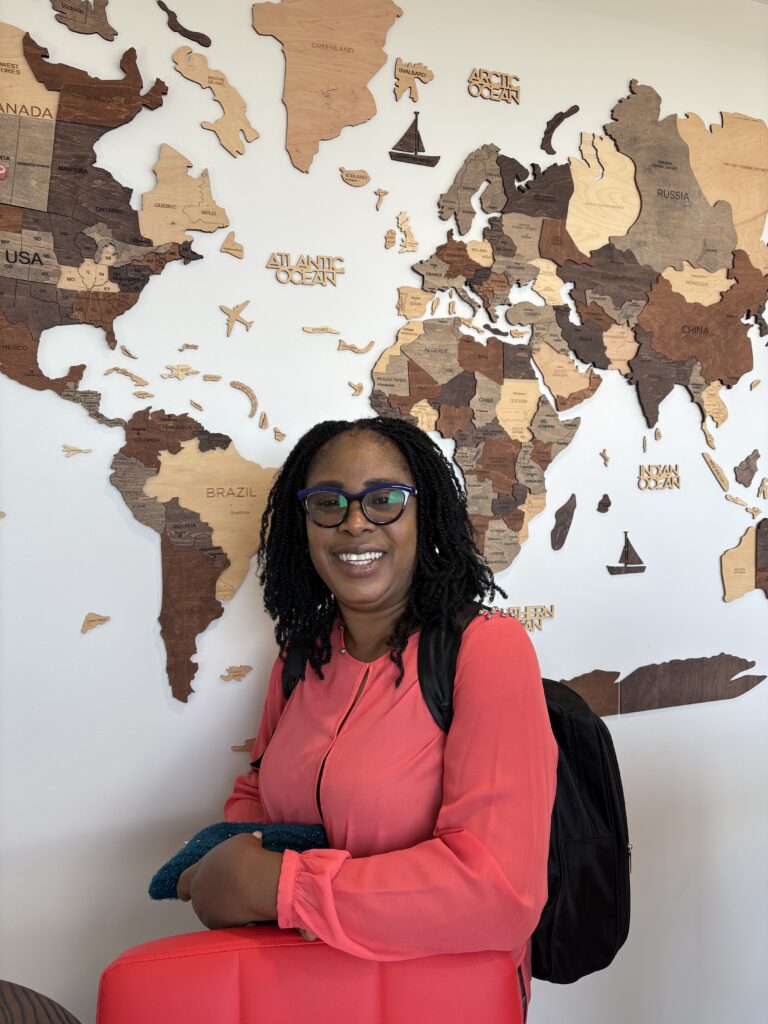
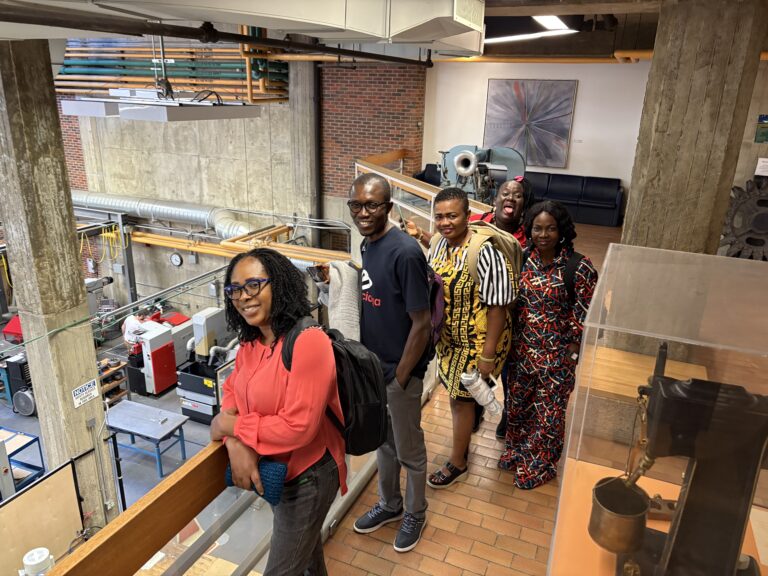
Dr. Chinwe Eze is currently a lecturer in Political Science Department, Nnamdi Azikiwe University, Awka, Anambra State, Nigeria. Her area of specialization is on Public Administration/Local Government with a focus on social development and a strong interest in gender, workforce diversity and inclusion in Public Administration.. She enjoys reading, listening to gospel music, eating good food, and having people around her. She loves the things of nature—like flowers—and Canada is one of the places she would like to visit again because of her love for flowers. She sees Canada not only for academic exercise but as a society that accommodates and moulds human character.
Chinwe grew up in an environment where retirees lived in abject poverty and were not adequately taken care of. These were workers who once lived well and took care of themselves and their families. She wanted to know why workers, despite their many years of service, suddenly became poor immediately upon leaving active service. Chinwe’s QES research project, ‘Contributory Pension Scheme and Post-Retirement Management of Women in the Public Sector: An Exploration of Nigerian Experience,’ was motivated by the predicaments of retired Nigerian civil servants. She realized that there was a need for an inquiry into the root causes of their predicaments, retirement packages, and the social security scheme and its sustainability.
Chinwe’s research aims to determine if civil servants are aware of retirement packages, the extent to which retirement planning has helped retirees adjust to life after retirement, and the sustainability of the retirement package provided under the New Pension Act, 2014.
Chinwe’s non-academic research placement was with Francophone Albertaine Plurielle (FRAP). She supported FRAP in finalizing and setting up their on-site PhotoVoice exhibition. Chinwe says she learned a lot from her placement with FRAP; the PhotoVoice project provided her with an opportunity to critically engage with a different research modality in action—one that simultaneously collected data, engaged participants, and produced knowledge mobilization materials.
Dr. Ebele Peace Okpala
Project Publications
- Coming Soon—"Female Authority and the Struggle for Intra-Gender Domination in Umuada Cultural Institutions in South East Nigeria"
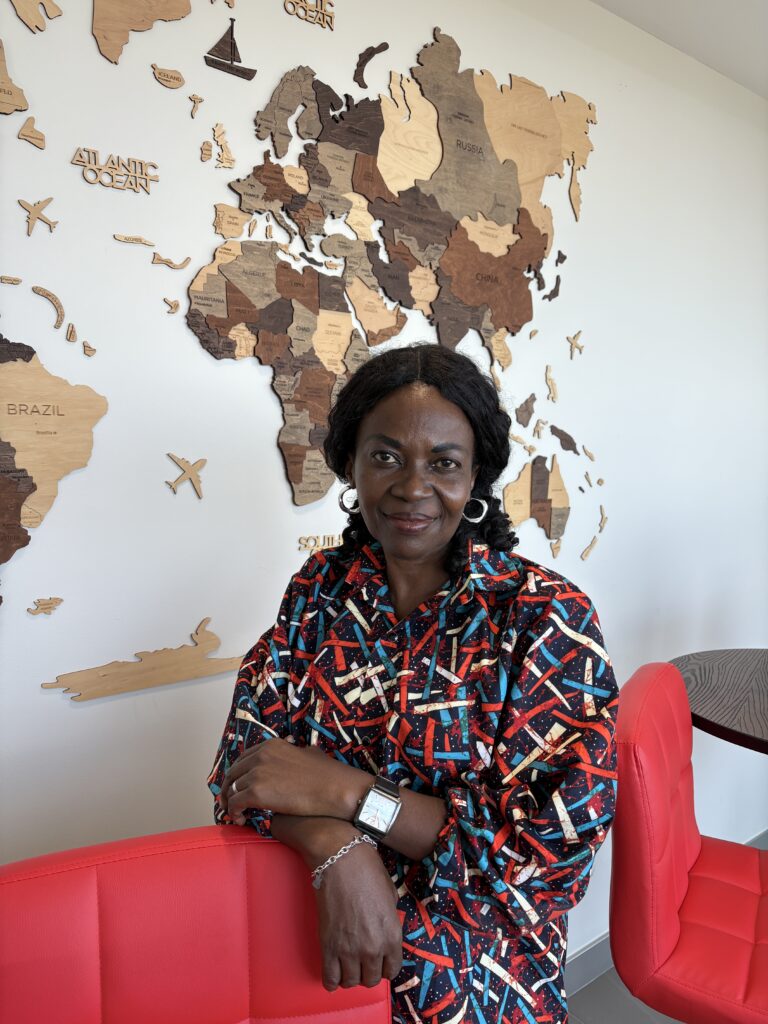

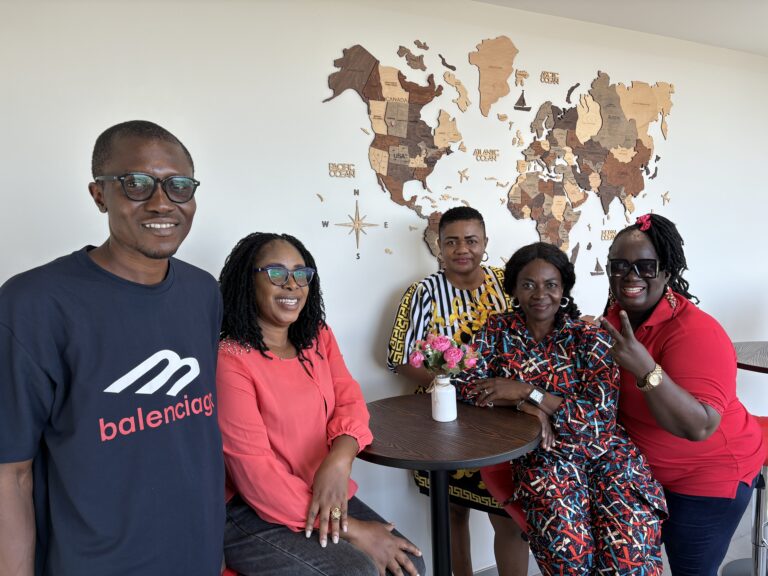

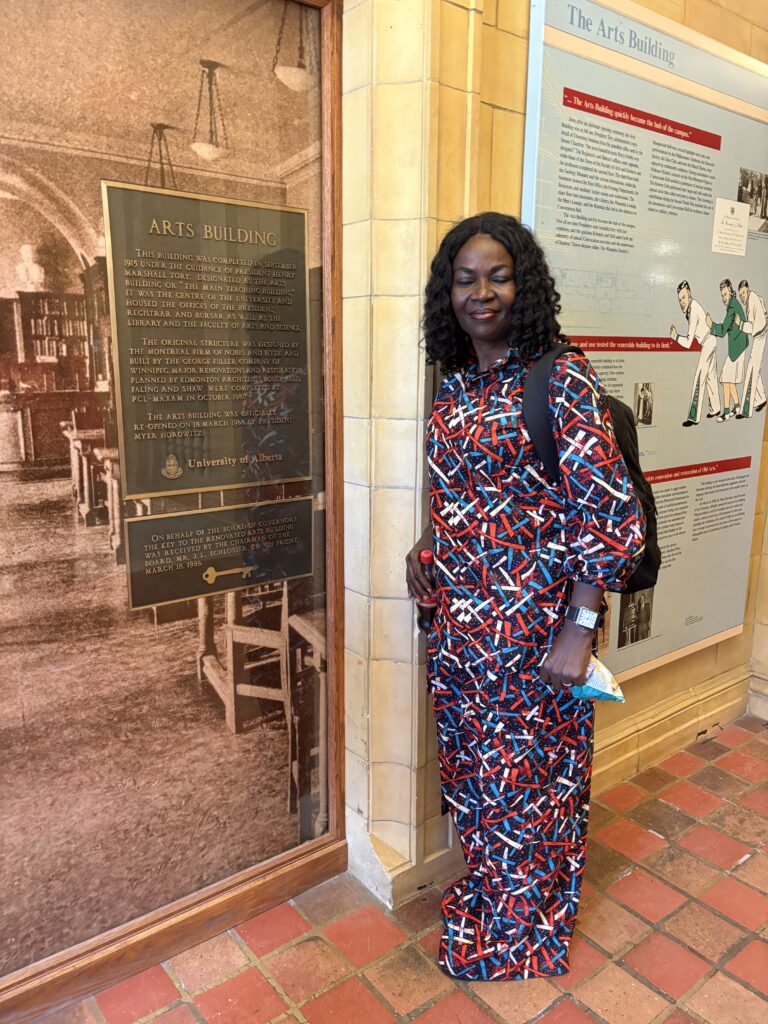


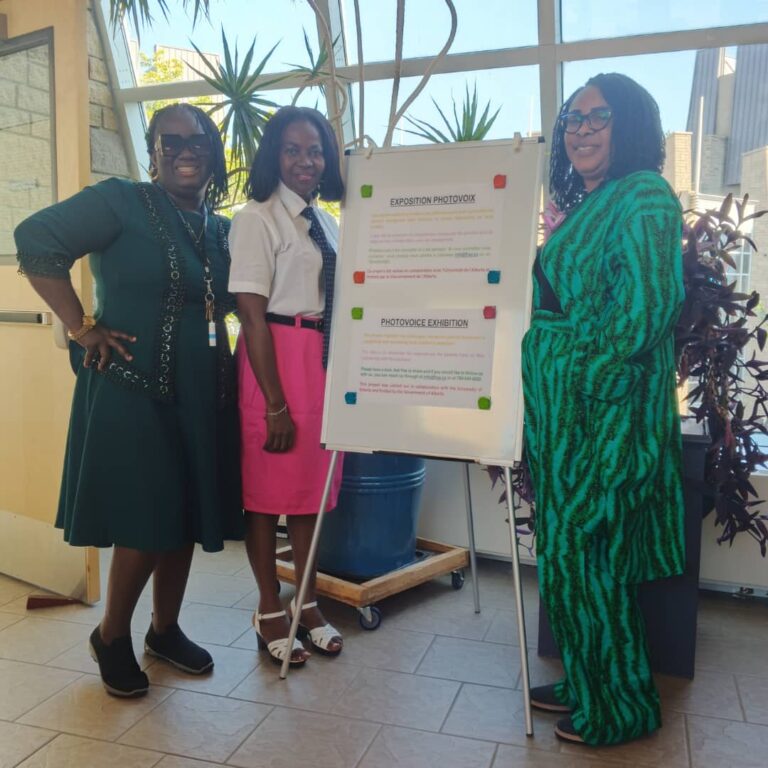
Dr. Ebele Peace Okpala is currently a lecturer in the Department of English Language and Literature as well as the Centre for Migration Studies, at Nnamdi Azikiwe University, Awka, Nigeria. In her spare time, lshe enjoys singing, reading, and telling stories. She is married to Kennedy; they are blessed with two lovely children: Akuabata Nwando and Ubaka Ekenyem.
Driven by the persistent challenges of gender inequality, one of Ebele’s areas of study is Gender Studies. Gender inequality has been a topic of serious debate in African literature. Many scholars primarily focus on how best to liberate women from the patriarchy, while the potential role of women in sustaining female hostility has not received adequate scholarly attention. Ebele’s QES project, “Female Authority and the Struggle for Intra-Gender Domination in Umuada Cultural Institutions in South East Nigeria,” examines gender subjugation from a novel perspective by posing an incisive question: Are women also part of their oppression? The research is designed to deviate from the conventional discourse of inter-gender violence and redirect critical focus to intra-gender dynamics.
Ebele’s non-academic research placement was with Francophone Albertaine Plurielle (FRAP). She supported FRAP in finalizing and setting up their on-site PhotoVoice exhibition, a participatory and collaborative research tool. She also attended the Edmonton Fringe Festival, which remains ever significant and memorable for her.
Dr. Cynthia Nwanneka Udeze
Dr. Cynthia Nwanneka Udeze is a lecturer and emerging researcher at Nnamdi Azikiwe University. She holds a Ph.D and M.Sc. in clinical psychology, as well as a B.Sc. and Diploma in psychology. Her core areas of scholarly interest include psycho-oncology, Drug Demand Reduction, and Abnormal Behaviours. Additionally, she has received specialized training in Addiction Studies and the ACT of Raising Safe Kids Program.
Cynthia’s academic and professional journey is driven by a passion for transforming lives through clinical psychology, equipping students with knowledge, empathy, and ethical values to positively impact individuals and society. Her teaching philosophy emphasizes bridging theory and practice, fostering curiosity, and modeling compassion and integrity. Motivated by the desire to live an impactful life, she transitioned from the banking sector to academia, where she now inspires, mentors, and contributes to the advancement of mental health and human development.
Cynthia’s research interest in psycho-oncology is not only academically motivated but also deeply personal. “I lost a close cousin who was a medical doctor to breast cancer following a mastectomy. As an undergraduate student in psychology at that time, I felt limited in my ability to provide meaningful support. This experience prompted a critical question: ‘What role can a clinical psychologist play in the management of breast cancer? Given that a cancer diagnosis often brings significant psychological distress—including fear, anxiety, depression, hopelessness and body image concerns, especially after surgeries like mastectomy—this personal experience inspired my commitment to research and teaching in areas of Psycho-oncology, Abnormal Behaviours, and Addiction Science”.
Cynthia really looked forward to her QES placement; she noted that she was eager to share what she had learned with others—resources, knowledge, and skills—while building a transnational network to support and improve research and teaching.
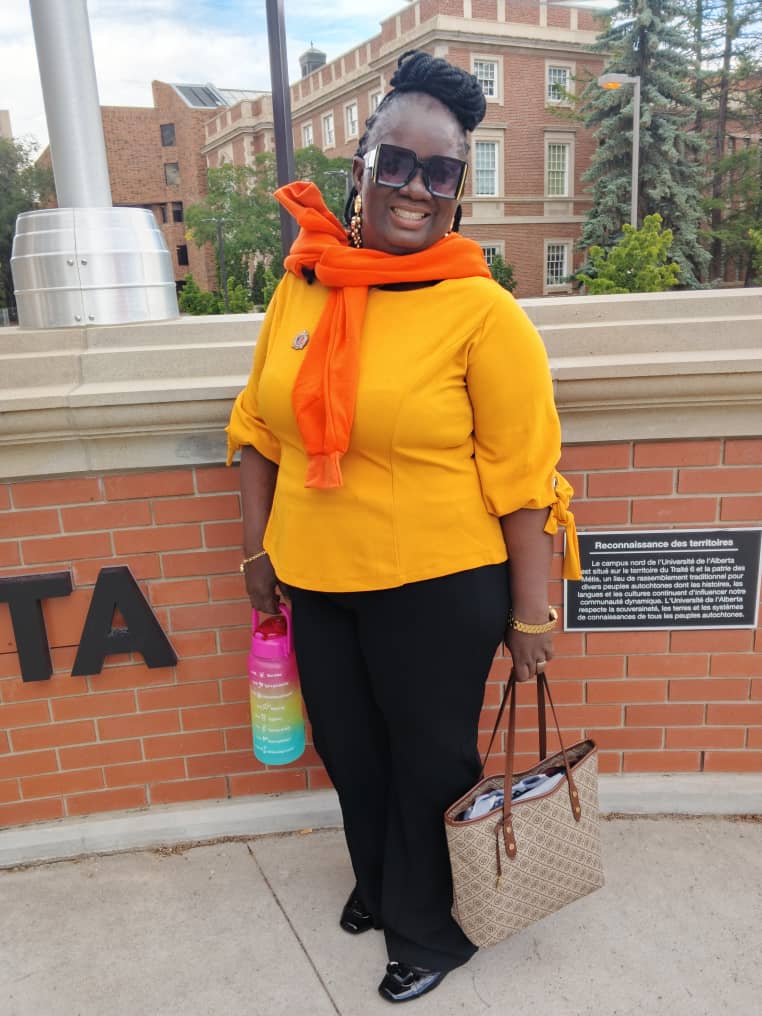
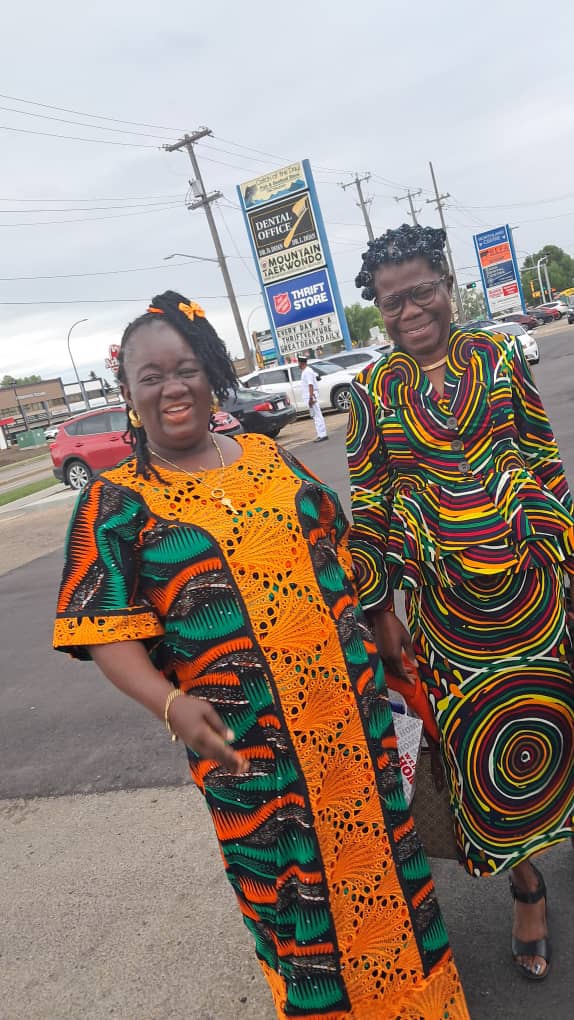
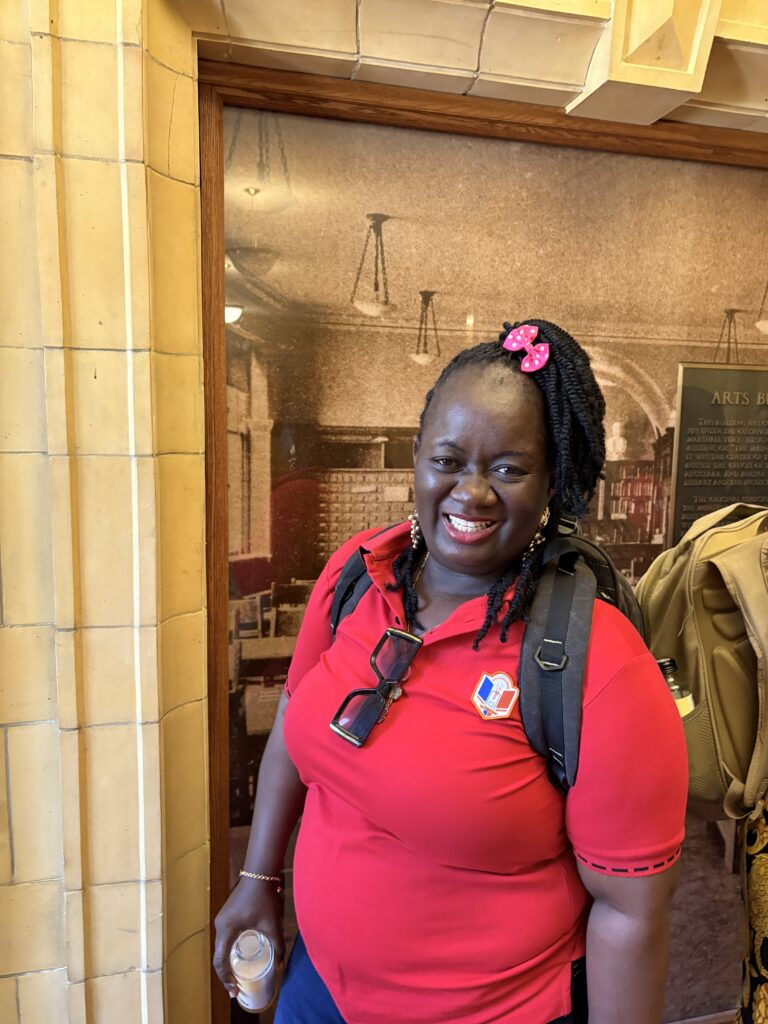
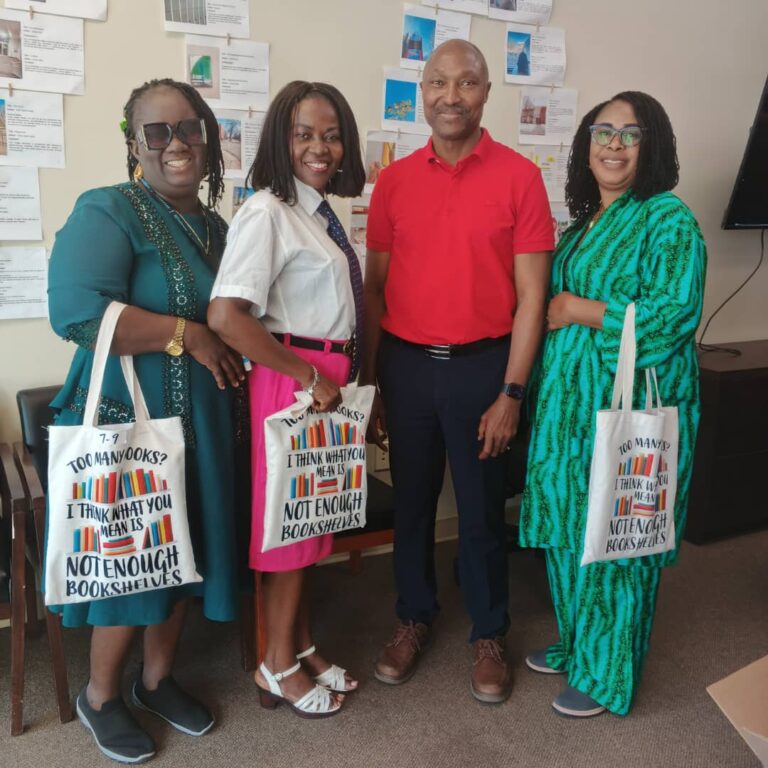
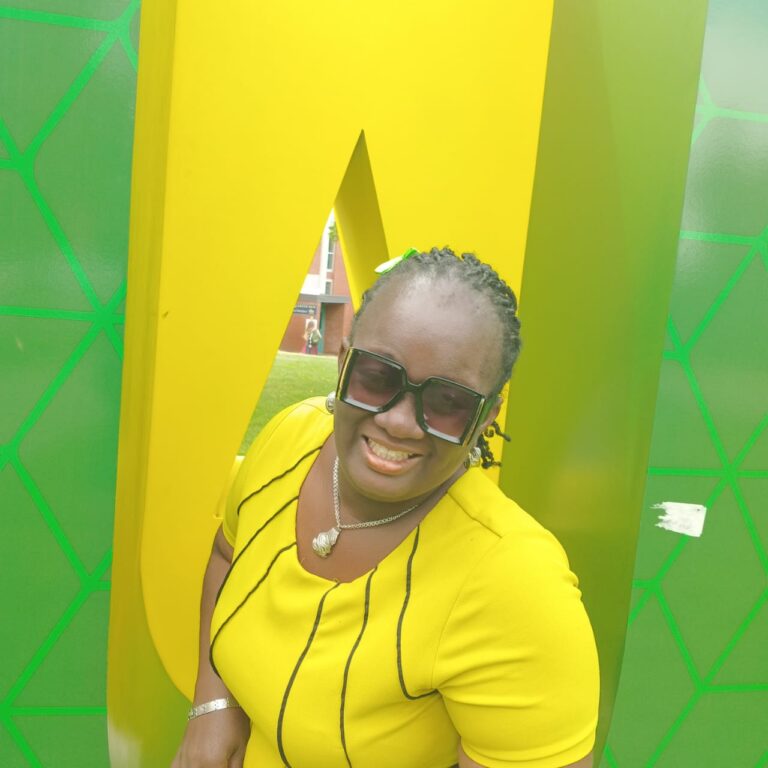

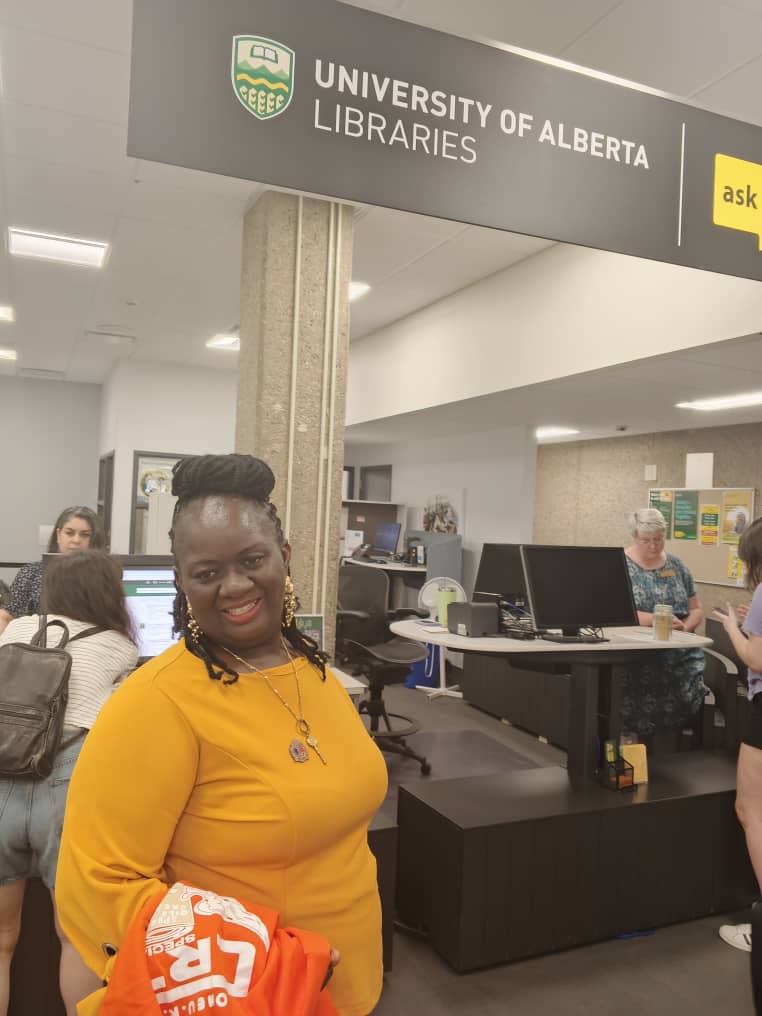
Project Publications
- Coming Soon
Dr. Samuel Nzubechukwu Nwagbo
Project Publications
- Coming Soon
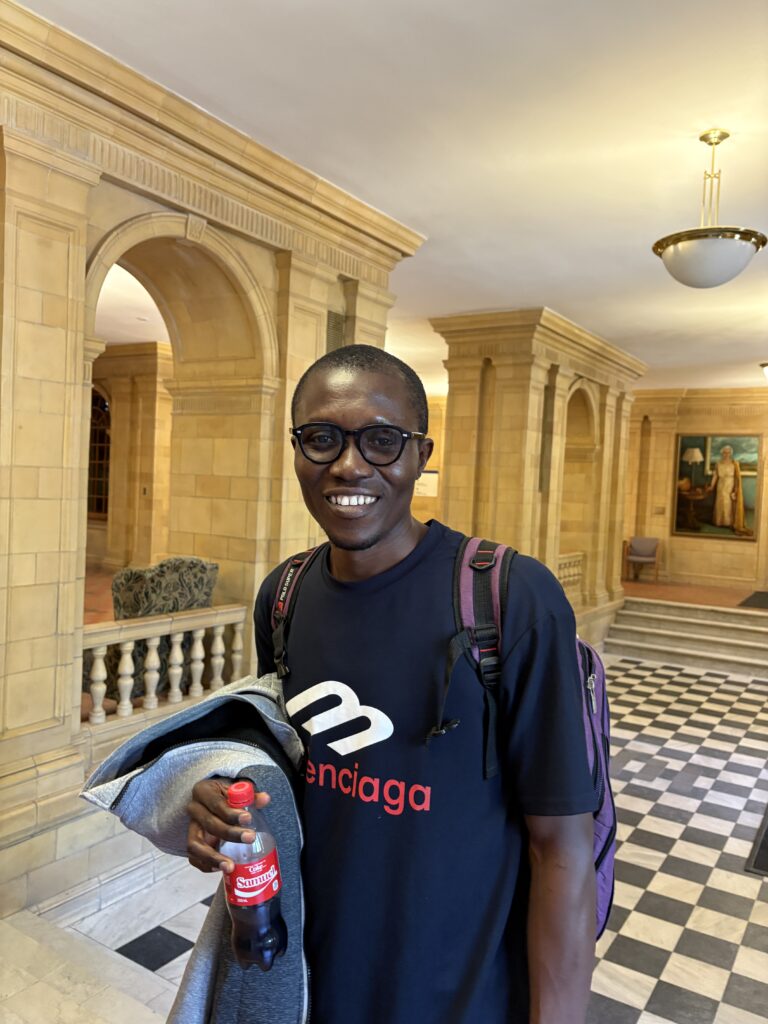

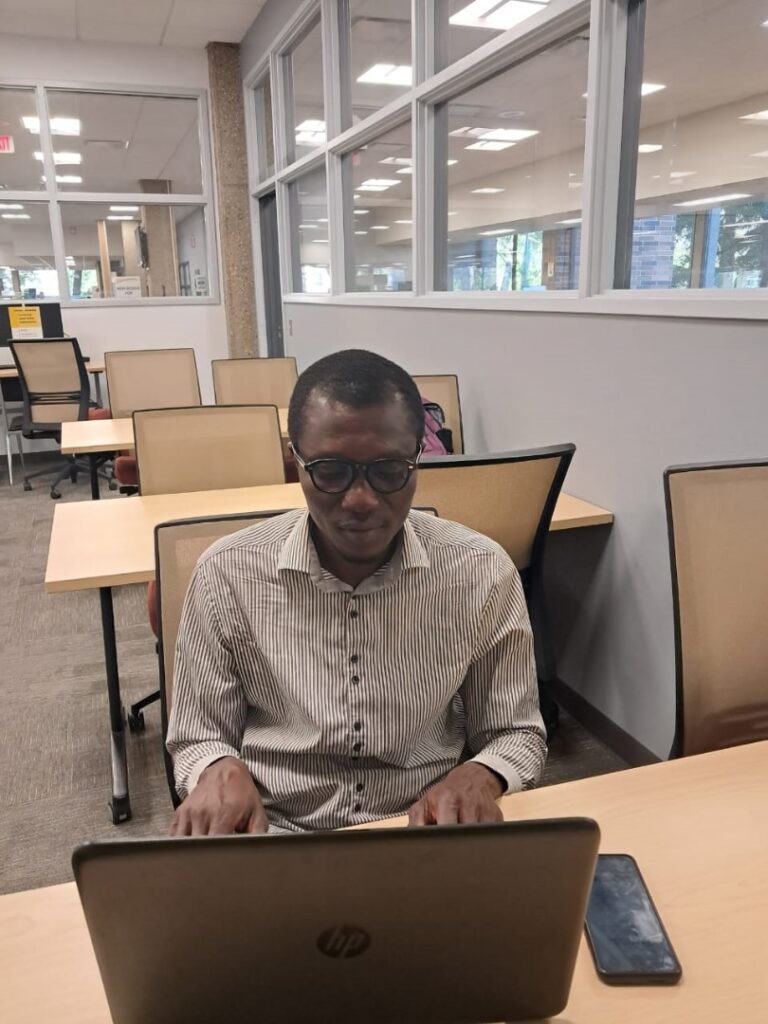
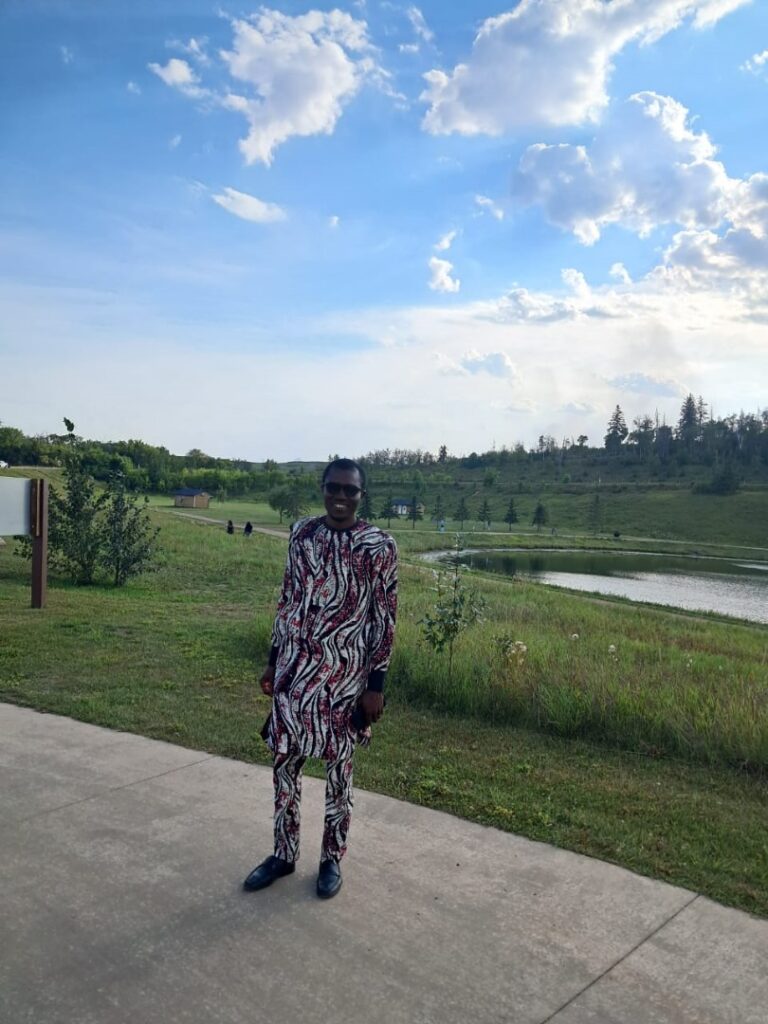

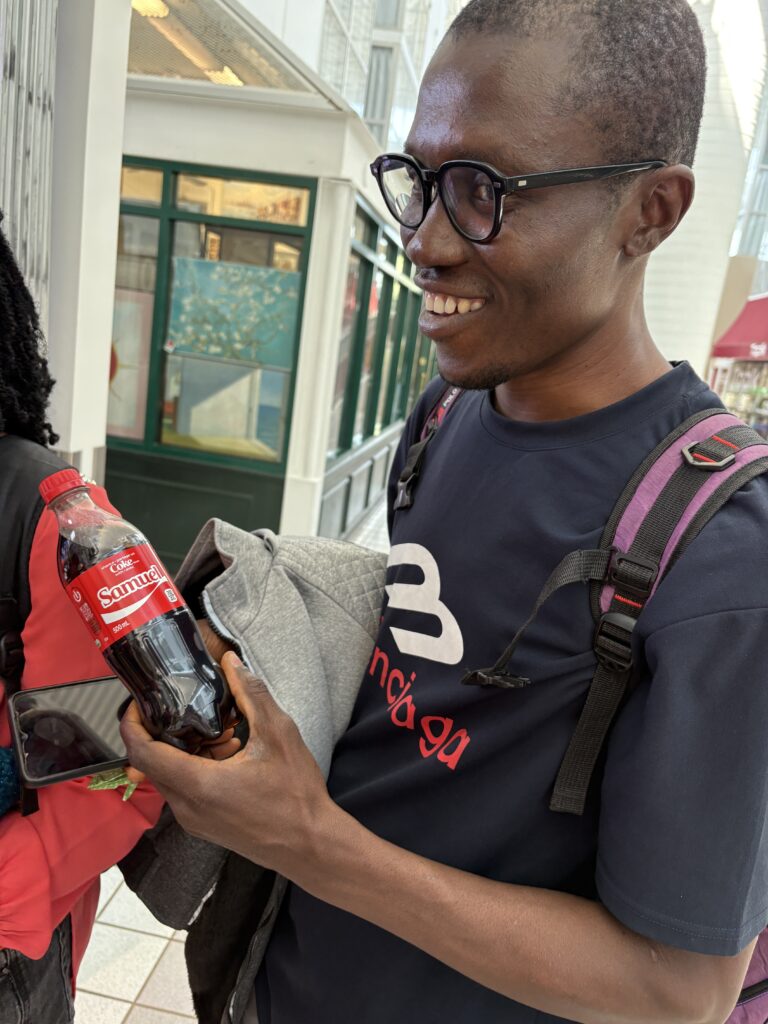
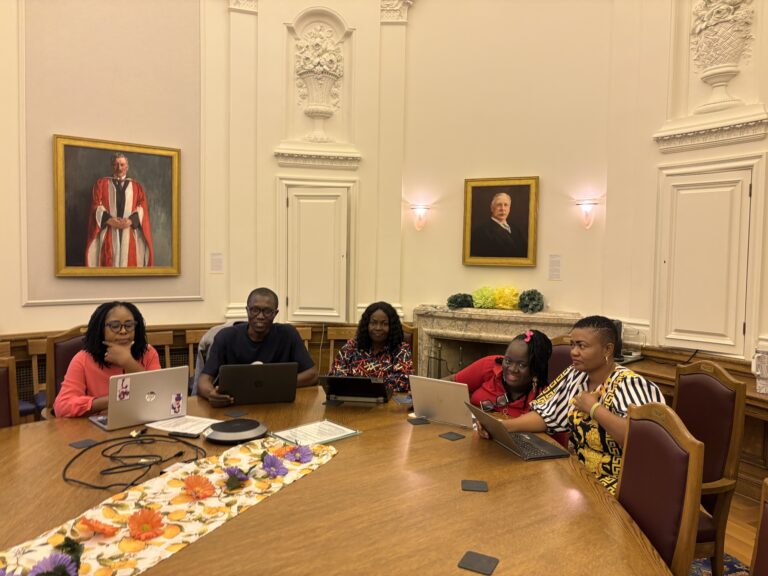
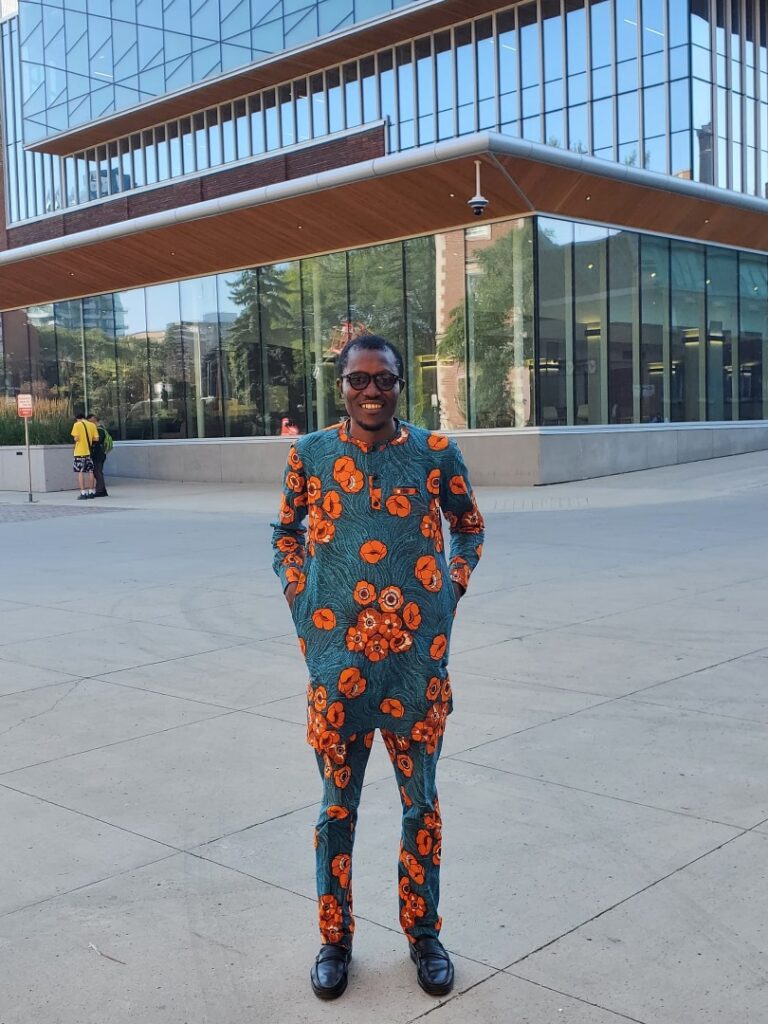
Dr. Samuel Nzubechukwu Nwagbois currently a lecturer in the Department of Political Science, at Nnamdi Azikiwe University, Awka, Nigeria. He holds a PhD, MSc, and BSc in Political Science, specializing in International Relations and Diplomacy, as well as an MSc in Peacebuilding and Conflict Resolution. His experience in studying and researching these fields sparked a quest to understand the role of gender in Nigeria’s political landscape. This concern was addressed through the Department of Women’s and Gender Studies at the University of Alberta, where the Queen Elizabeth Scholarship project platform enabled him to explore the Political Economy of Gender and Social Governance in Nigeria.
Dr. Phil Okeke-Ihejirika, as his mentor, played a significant role in shaping and advancing this research. Samuel expects his QES research to contribute to both Nigerian political engagement concerning women and academic discourse. Its importance derives from the marginalization women face in participating in Nigerian politics and the role of intersectionality (age, religion, class, and ethnicity) in providing a clearer perspective on this issue. Outside of his QES academic engagement, he was involved with the Igbo Cultural Association of Edmonton, promoting Igbo cultural activities and enhancing the Igbo Virtual Village, which aims to educate and preserve Igbo culture among the Igbo community in Edmonton and beyond.
Samuel’s time in Canada was memorable, particularly his experiences at the University of Alberta and the Heritage and Fringe Festivals.
Samuel enjoys engaging in discussions and advocacy that promote justice, equity, and inclusion, especially concerning the vulnerable members of society. He believes that all humans are equal and that class is a construct of privilege. Amidst his activities, he is interested in African fashion, diets, and exercise. He finds joy in contemplating God’s wonders in creation, spending quality time with his family, and mentoring young individuals who aspire to leadership. He looks forward to a Nigeria where every citizen is valued and content.
Dr. Linda Chihurumnanya Odikpo
Dr. Dr. Linda Chihurumnanya Odikpo is a lecturer and emerging researcher at Nnamdi Azikiwe University. Each researcher has a unique journey to their field. For Linda, she may not have chosen nursing—her mother chose it for her—but Linda worked hard to make it her own. “My profession is not about showcasing talent… It’s about service, adaptability, and impact. I always tell myself that ‘I have a role to play in building others as was done for me by other senior colleagues’… I choose not to eat the young in my profession, as continuity lies with them”.
Much of her research, including her QES research project focuses on Breast cancer. “Breast cancer is a leading cause of disease burden and mortality among women worldwide. The burden of breast cancer cuts across physical, mental, social, psychological, and overall well-being. Physical inactivity, according to evidence-based literature sources, is said to be similar to cancer, and seeing many breast cancer patients die post-treatment, I was motivated and evoked by compassion to look for information on breast cancer care and discover the benefits that may be received by the patients and survivors from the uptake of the recommended exercise guideline by the American College of Sports Medicine (ACSM). This exercise is part of a comprehensive breast care package, especially in developed countries. As a maternal and child healthcare nurse who understands the implications of maternal mortality on the family, state, nation, and the globe at large, I chose to make my contribution to the survival and improved quality of life of breast cancer patients”.
“Basically, the genuine interest and compassion I have for breast cancer patients and my potential career professional goals influenced my choice of research field. This genuine interest was spurred by the clinical experience I had with patients who suffered from breast cancer and the deterioration that followed their quality of life from diagnosis to post-treatment. I am hoping to influence policy that will bring in comprehensive care for breast cancer patients in my country”.
Linda says the Queen Elizabeth Scholarship (QES) placement at the University of Alberta “provided an expository platform that served as a trajectory for my career path and research field”. Before traveling to Edmonton to begin her placement, she developed a work plan that included curricular and non-curricular activities, which she consistently followed. This allowed her to achieve most of her placement goals. While at the UofA, she was able to attend workshops on different research tools and writing seminars, something not included in her original work plan. She found these unplanned opportunities enriching and believes they will be rewarding in the long term.
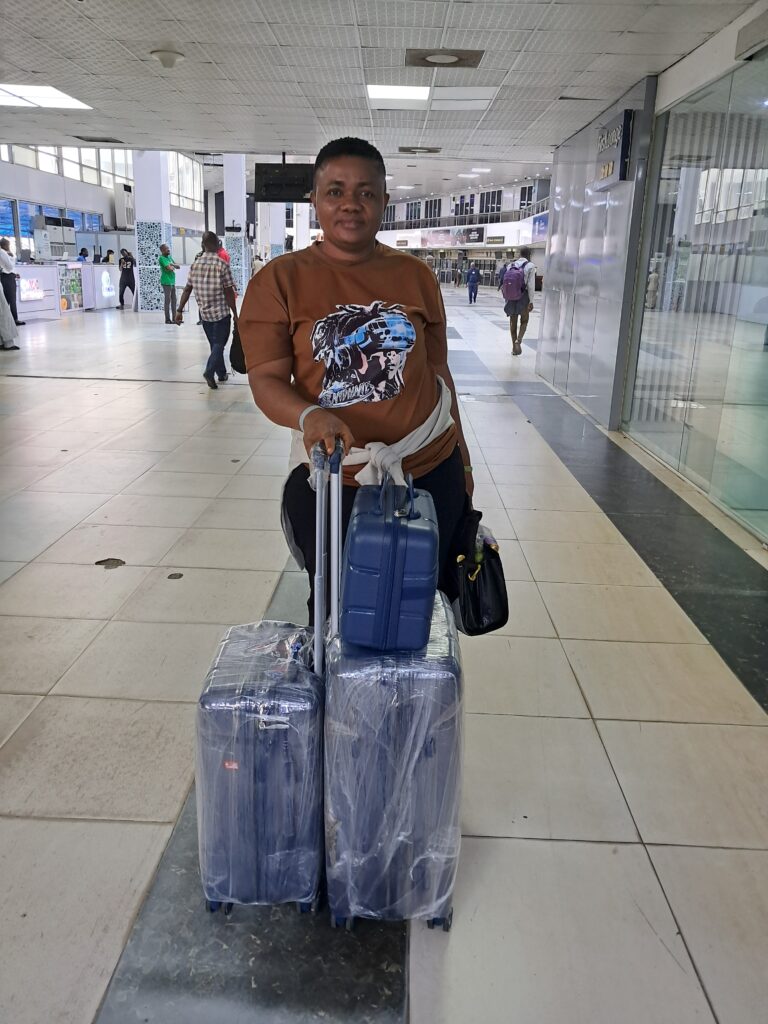
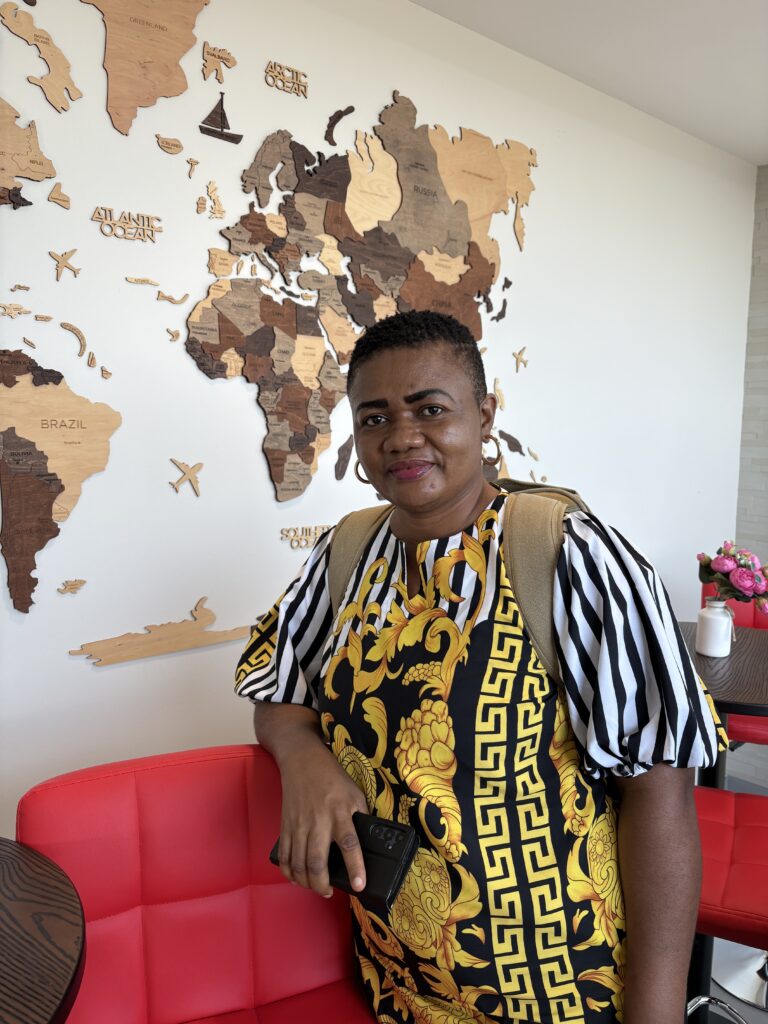
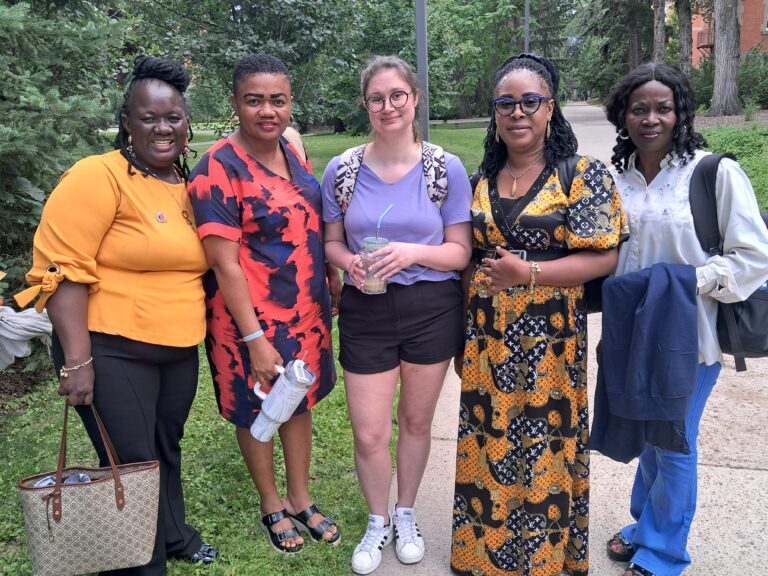
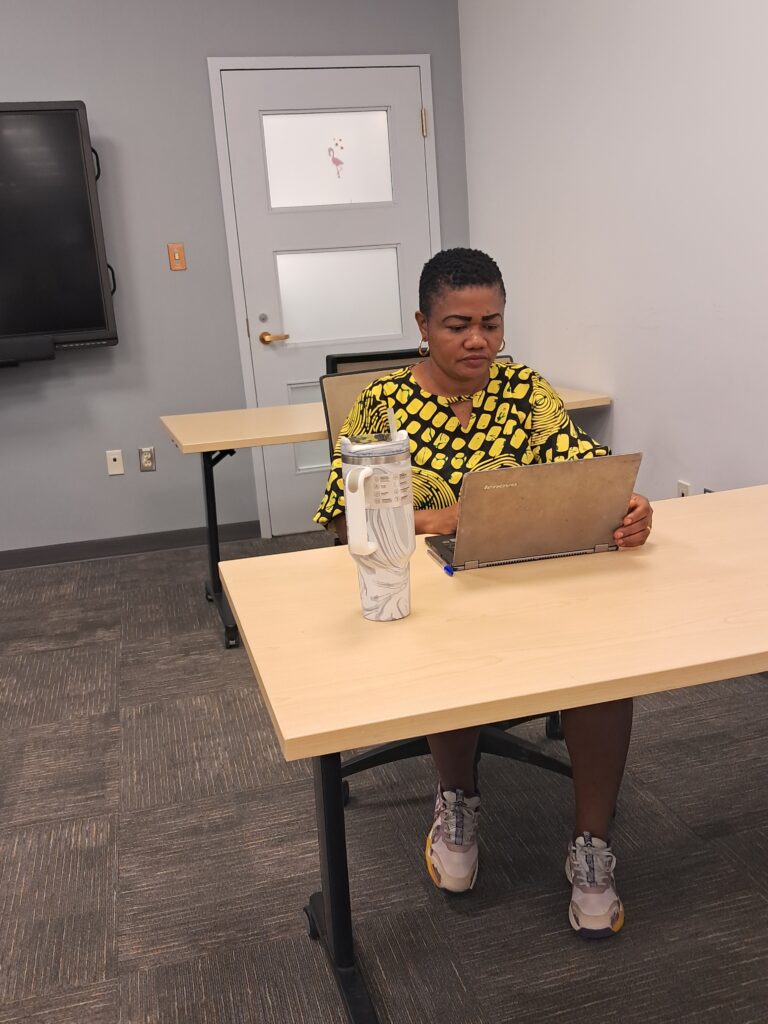
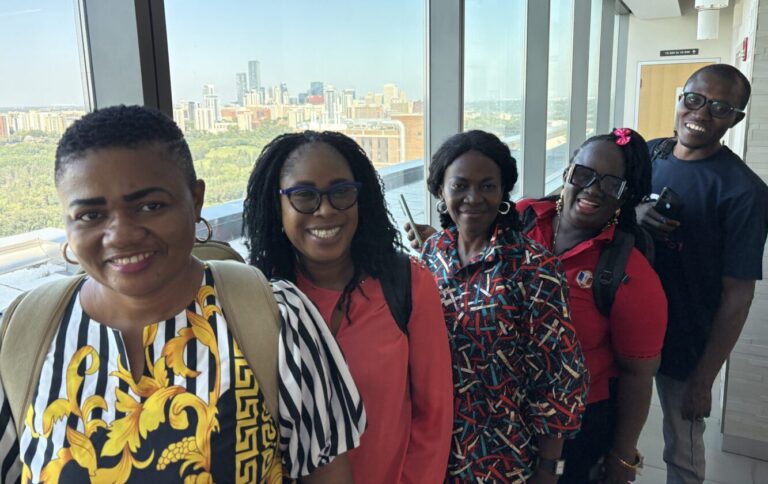
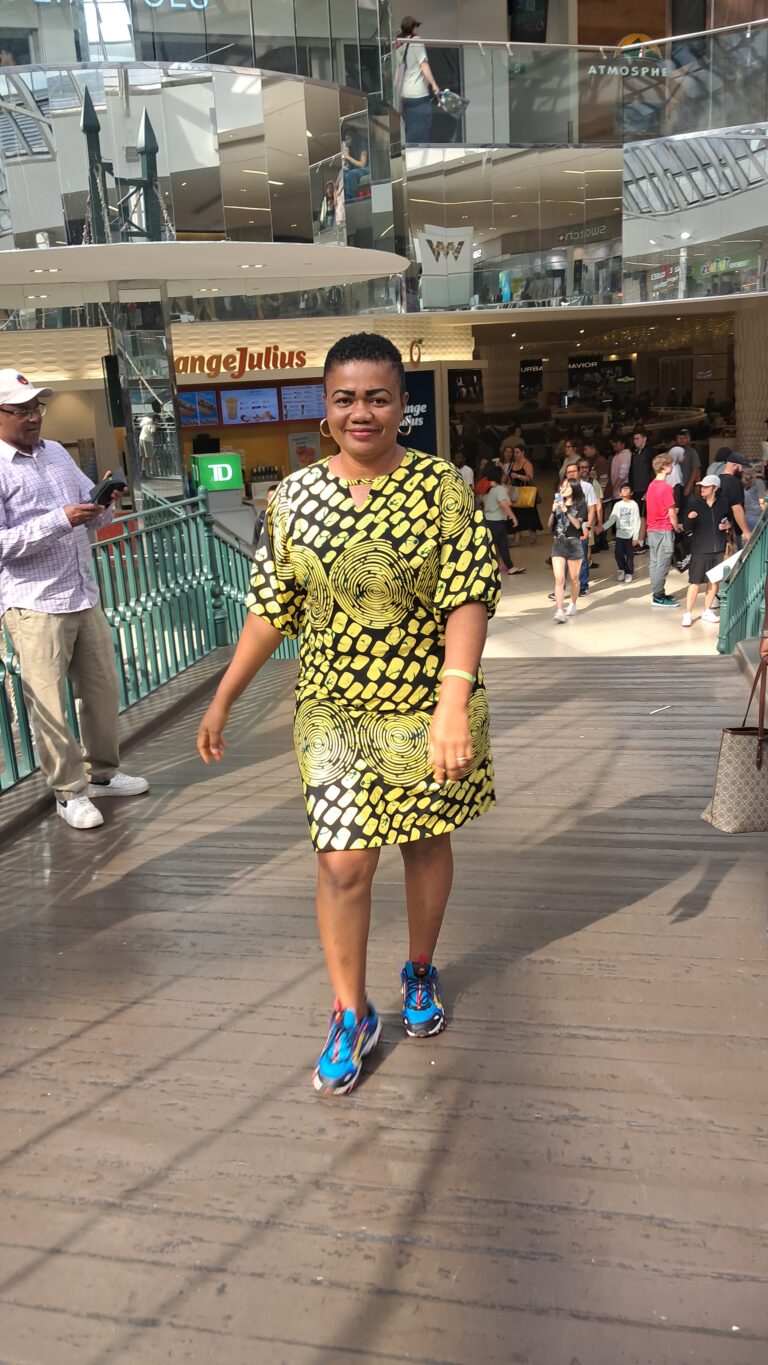
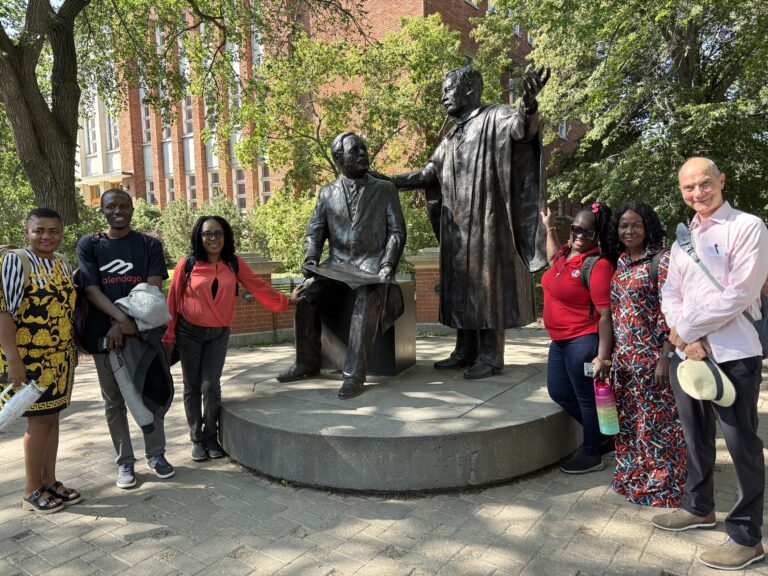
Project Publications
- Coming Soon
Dr. Chinwe Alazor
Project Publications
- Coming Soon
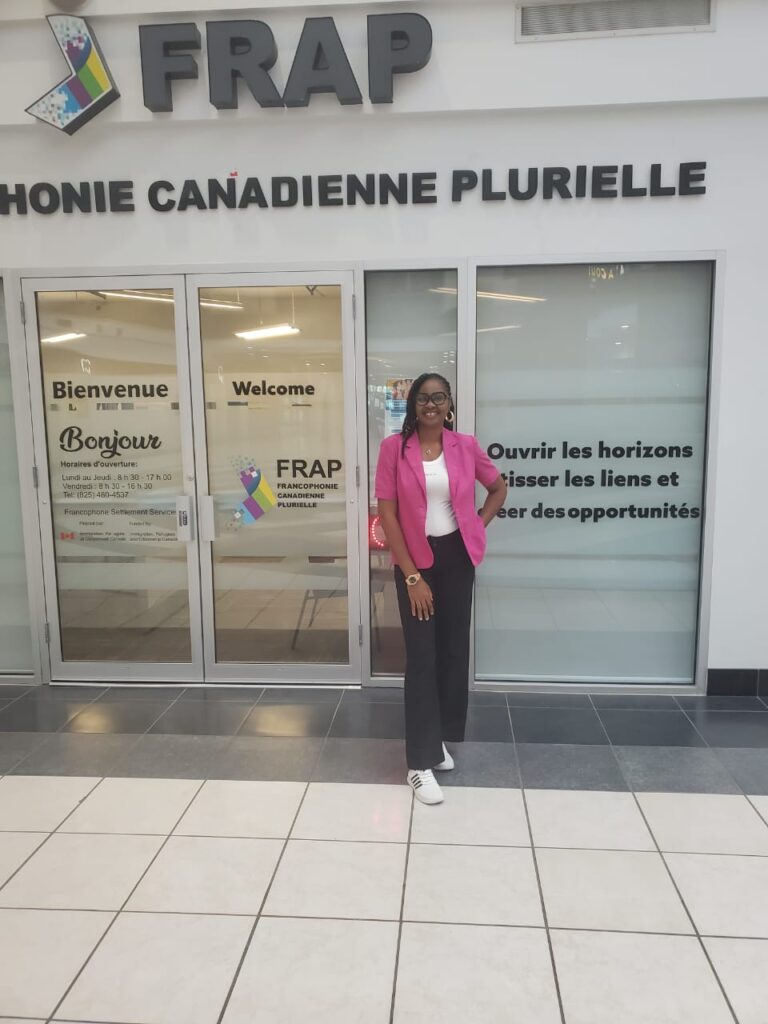
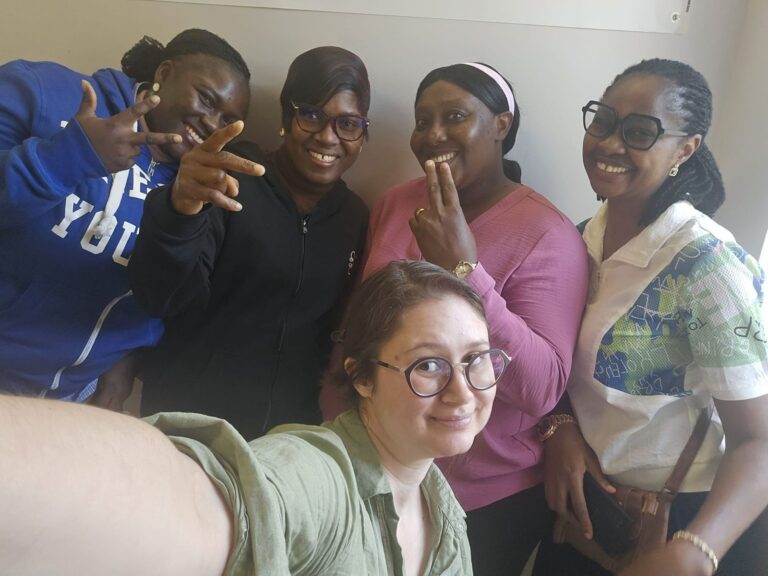
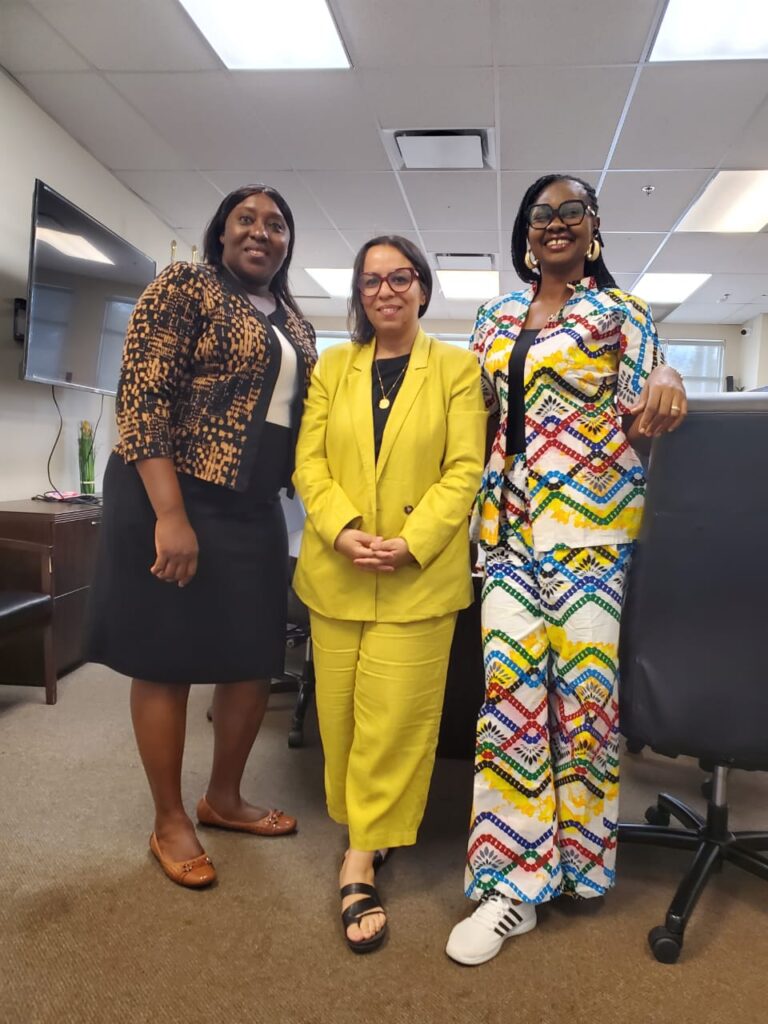

Dr. Chinwe Alazor is a Lecturer and Researcher at Nnamdi Azikiwe University in Nigeria. Chinwe first developed an interest in History as a course of study during her high school days. This evolved; Chinwe’s interest in African economic development history as a field of study and research was ignited by her desire for a better Africa. This inspired her to research issues concerning African economic integration, regional migration, food security, and economic development of Africa.
Chinwe looked forward to making the most of her QES placement by attending available development courses to boost her administrative and management capacity. Through the program and its opportunities, Chinwe learned additional data collection and analysis techniques. She was also able to attend several seminars offered on campus, including ones offered by the University of Alberta’s Centre for Teaching and Learning. Reflecting on the seminars from CTL, Chinwe feels that she learned new teaching strategies that will absolutely enhance her teaching skills.
Chinwe, like many other scholars placed with FRAP, thoroughly enjoyed her non-academic research placement and found it to be immensely beneficial. Through her placement, Chinwe was able to explore new forms of research methodology and integration of Zotero Reference management. Involvement with the FRAP Photovoice project provided her with an opportunity to explore a research methodology and community engagement tool uncommon to her discipline. Overall, Chinwe found her placement with FRAP to be educational and informative. Chinwe found her QES experience to be beneficial for communication, time management, and critical thinking skills. Constant meetings, emails, and other communication mediums required significant attention to detail and organization, enhancing her listening skills.
Chinwe enjoys learning new food recipes and DIYs on YOUTUBE and does not hesitate to try them out. She loves to watch movies to relax. Her comfort foods when she is sad are chocolate and ice cream.
Dr. Chidinma Abaribe
Dr. Chidinma Abaribe is Lecturer at Babcock University in Nigeria. Chidinma’s journey into nursing was shaped by a deep desire to serve God and humanity, and a recognition of the health challenges faced by communities around her. Growing up, Chidinma witnessed how preventable illnesses and limited access to healthcare affected families in her community. These early observations sparked a passion to pursue nursing, not only as a profession but as a calling to improve lives through compassion and advocacy. One of the strongest influences on her decision was seeing the impact of community health outreach programs. “I remember watching nurses educate families about hygiene, nutrition, and vaccination, and realizing that their work went far beyond treating illness; they were empowering people to take charge of their health. This preventive approach resonated deeply with me”. She was also inspired to pursue nursing by the work ethic of her aunt, Dr. Uloma Onubuogu. Community/public health nursing appealed to Chidinma because it focuses on the bigger picture. Rather than limiting care to the hospital setting, it emphasizes education, advocacy, and prevention at the population level. She was greatly influenced by the idea that nurses can be agents of change, working to reduce disparities and promote equity. This further reinforced Chidinma’s commitment, demonstrating the importance of community-based interventions in protecting vulnerable populations.
Chidinma’s first-hand and unforgettable experience was as a pastor’s wife. “I had the opportunity to live and serve in the rural area of the eastern part of Nigeria for over 10 years, where my husband served as a district pastor. It was a great opportunity for me to provide health education to the community and also care for the sick. This was actually the period I chose my area of specialty as Community/public health nursing”. Chidinma is “motivated by the belief that health is a fundamental right and that nurses play a crucial role in bridging the gap between healthcare systems and the communities they serve. My goal is to continue this journey by advocating for preventive care, strengthening health education, and contributing to healthier, more resilient communities”.
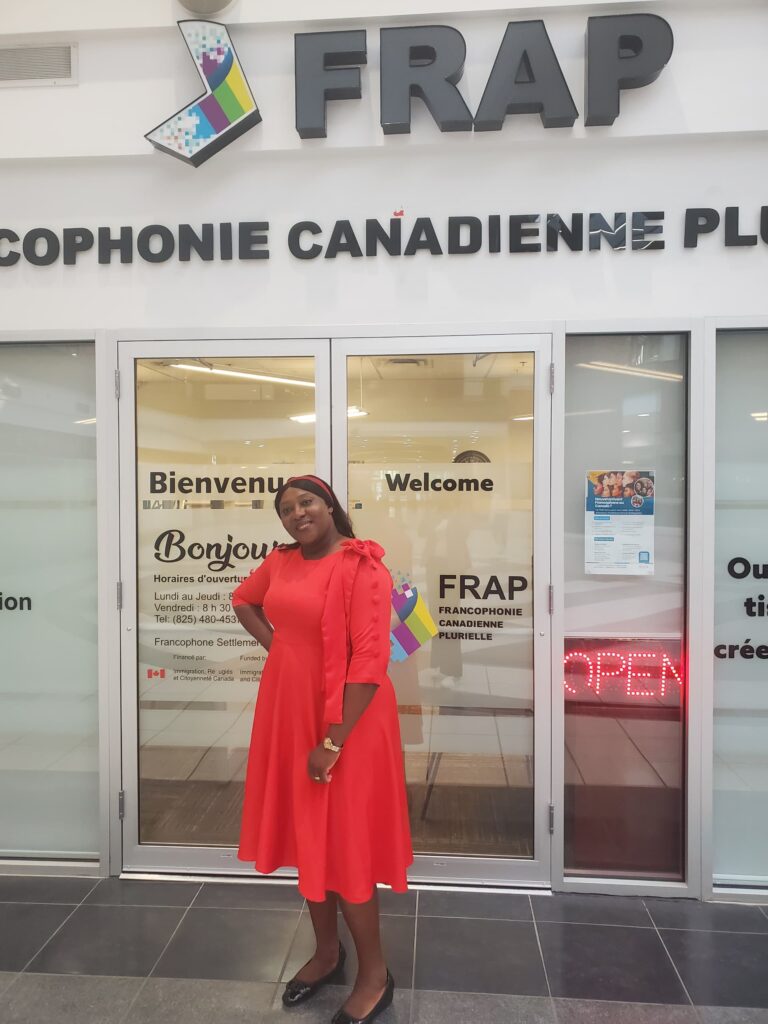
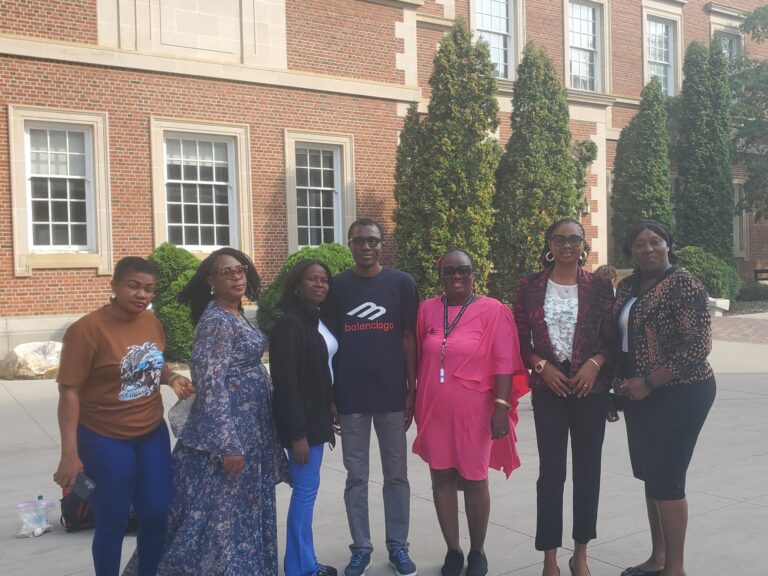
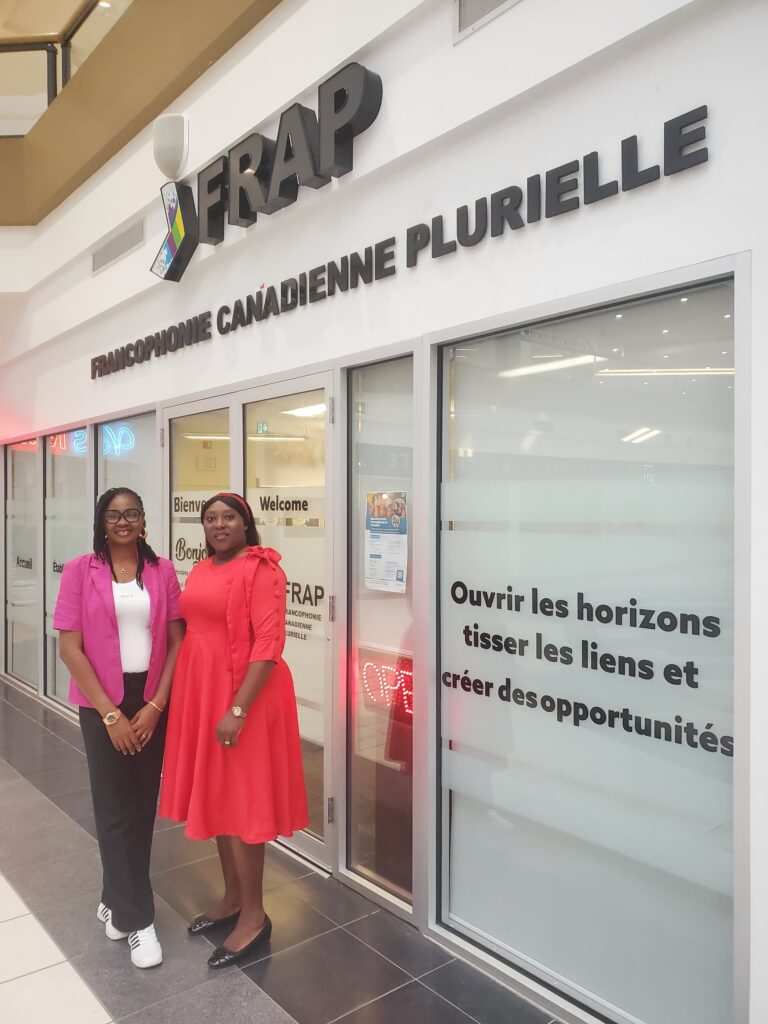
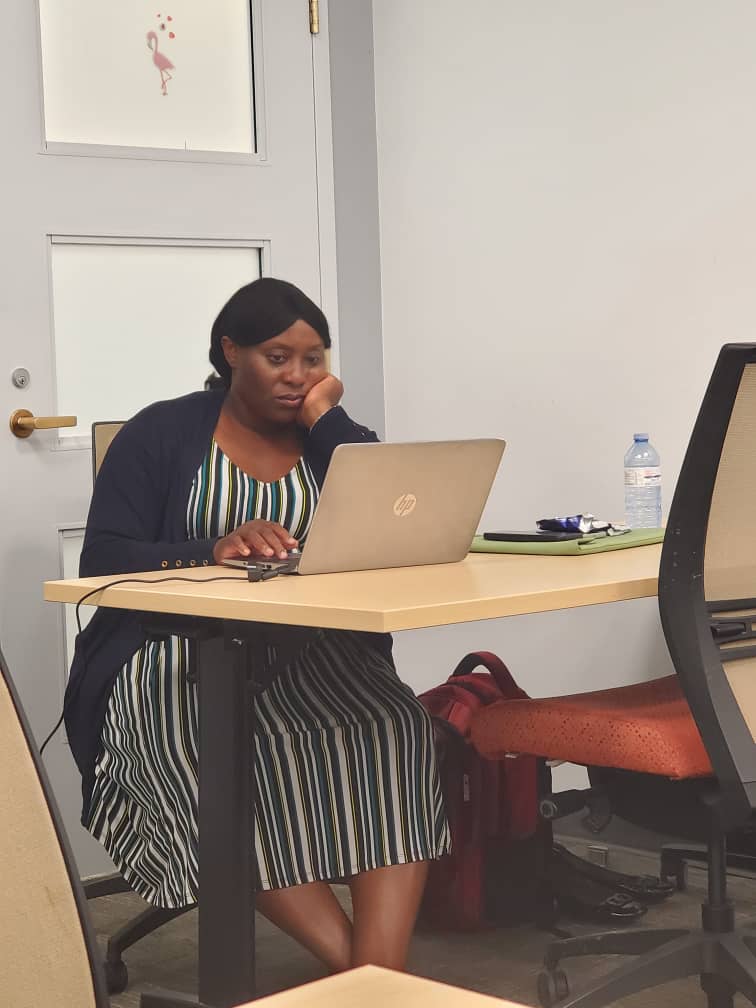

Project Publications
- Coming Soon
Having completed her QES placement, Chidinma is looking forward to sharing her research knowledge with others and also learning new approaches that will help her become a better researcher. “I see this as an opportunity not only to strengthen my own skills but also to contribute to collective learning. Collaboration is something I value deeply, so I’m excited about building partnerships with fellow scholars and local communities. I believe these connections will open up more opportunities for joint projects, knowledge exchange, and impactful outcomes that go beyond the placement itself”.
Chidinma plans to apply her academic knowledge in practical ways that contribute to sustainable development projects, while also gaining hands-on experience that will strengthen her professional skills. “Beyond the work itself, I’m excited to build meaningful connections with fellow scholars and local partners, exchange ideas across cultures, and grow personally by adapting to new challenges. What excites me most is the opportunity to make a tangible impact while expanding my perspective on global issues”.
Chidinma adores her name (Chi-di-nma), it means God is good. She is easy going, loves helping people, finds it easy to make friends and smiles a lot. Chidinma also believes that nothing is impossible.
Dr. Araba Ata Hutton-Nyameaye
Project Publications
- Coming Soon
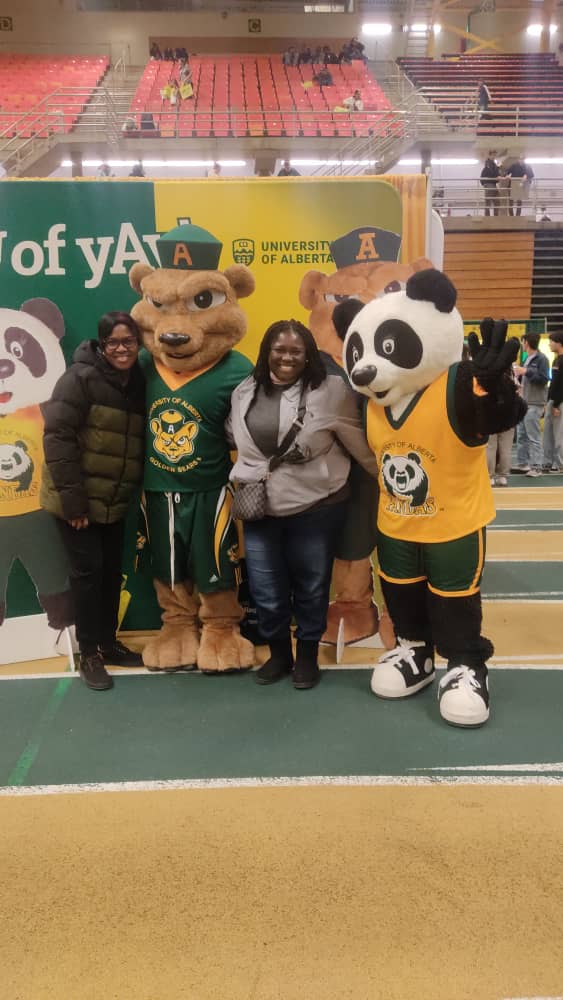

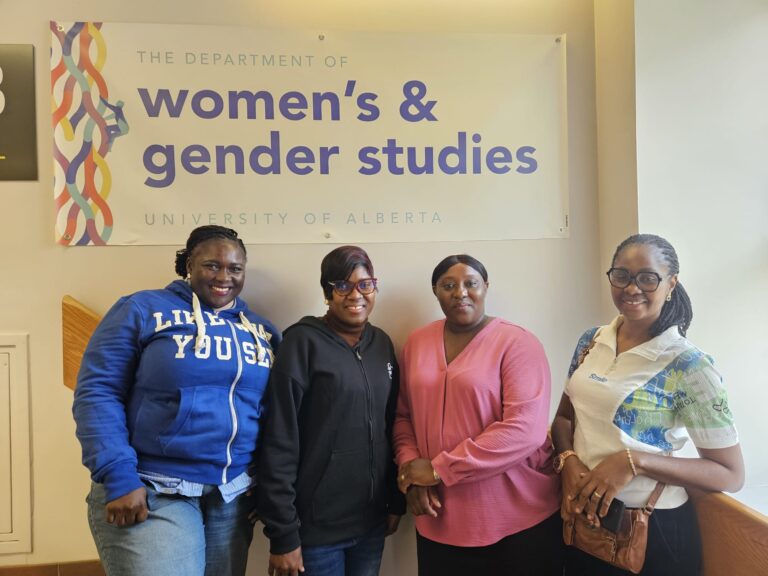
Dr. Araba Ata Hutton-Nyameaye is a Lecturer and Researcher at the University of Health and Allied Sciences in Ghana.As a child, Araba wanted to become a medical doctor, like many other Ghanaian children. As she grew, she realized she dreamed of becoming a doctor because of her passion for the health and well-being of other people. “I have always had deep empathy for people who were sick and a strong desire to help them recover. I also love interacting with people, which strengthened my resolve to pursue a career in health”. This passion led Araba to pharmacy.
“I became fascinated by how medicines work in the body, how they are developed, and how pharmacists ensure their safe and effective use. Moreover, I realized that studying pharmacy offered diverse opportunities and the flexibility to explore various aspects of healthcare as well as other fields beyond it. I was also drawn to the fact that I could build a meaningful career even outside the hospital setting. Pharmacy allowed me to combine my love for science with my compassion for people. Later, my passion for sharing knowledge and mentoring others inspired me to become a lecturer. Teaching gives me the opportunity to guide future pharmacists, contribute to the profession’s growth, and make a lasting impact on healthcare through education”.
As part of her QES placement, Araba hoped to gain greater exposure to conducting high-quality research, including access to journals and resources provided by the University of Alberta, while further developing her leadership skills. She also looked forward to strengthening her ability to engage effectively with communities by understanding and addressing local health needs and collaborating with diverse teams across cultural and professional backgrounds. Ultimately, Araba aspires to grow both professionally and personally, building meaningful experiences and connections that will guide her future career in pharmacy, education, and healthcare leadership.
Araba is passionate about teaching and mentoring; she finds joy and relaxation in listening to music. She believes in kindness and strives to make a positive difference wherever she goes. Araba loves interacting with people and building meaningful connections; she has a great sense of humor and enjoys cracking jokes to make those around her happy.
Dr. Ellen Eyi Klutsey
Dr. Ellen Eyi Klutsey is a Lecturer and Researcher at the University of Health and Allied Sciences in Ghana. She was inspired to pursue nursing because, in her younger years, she was deeply moved by the joy and relief her family experienced when nurses helped her loved ones regain their health. Witnessing the compassion and skill of nurses and the gratitude they brought to families sparked her desire to join the profession. Dr. Klutsey is now in nursing education because she loves teaching and is passionate about helping others succeed. She is motivated to guide, inspire, and support students as they work to achieve their academic and professional goals.
Earlier in her teaching career, during a class on reproductive health, a student asked how women living with HIV could safely have children when they are often advised against unprotected sex. This question marked the beginning of Dr. Klutsey’s research into reproductive health in HIV and nursing education. For her QES programme, she is conducting an integrative review on secondary stigma experienced by both formal and informal caregivers of persons living with HIV in Sub-Saharan Africa. She hopes that the findings will help inform strategies to better support caregivers in coping with these challenges.
Her QES experience at the University of Alberta and Francophonie Canadienne Plurielle (FRAP) has deepened her appreciation for diversity and inclusivity in research. Through FRAP’s focus on immigration, cultural transitions, and their impacts on human life, she was exposed to interdisciplinary approaches and the importance of considering social, cultural, and gendered perspectives in research. Overall, the placement provided her with a profound understanding of how research serves as a tool to identify community challenges, engage stakeholders effectively, and contribute to solving real-world problems. It reinforced her belief that research is a continuous and iterative process that ultimately enhances the quality of life and well-being of individuals and communities.
In her leisure time, Dr. Klutsey enjoys music, dancing, cooking, and reading. She also values supporting young people who are less privileged, such as orphans and individuals living with disabilities, offering encouragement and hope for their life journeys.
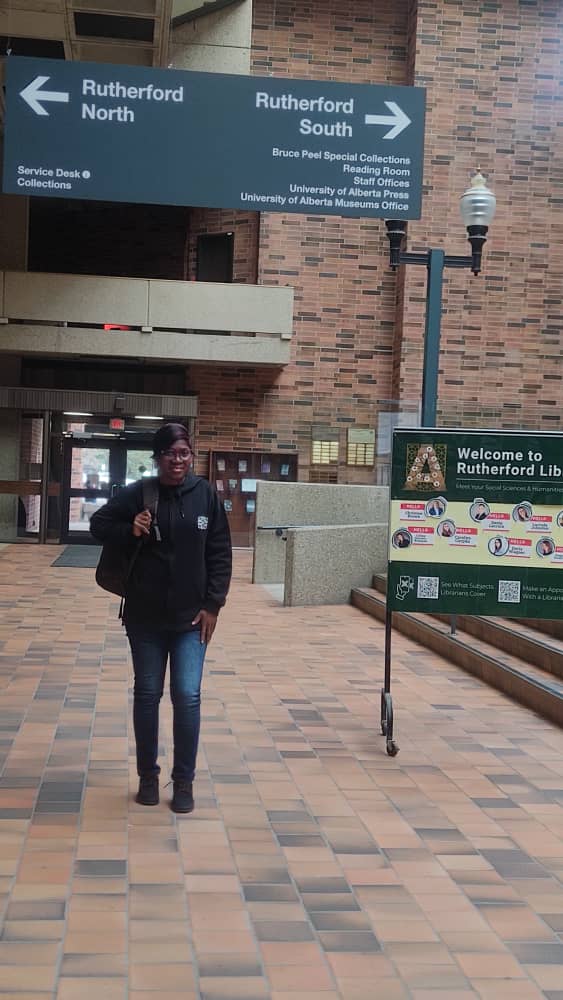
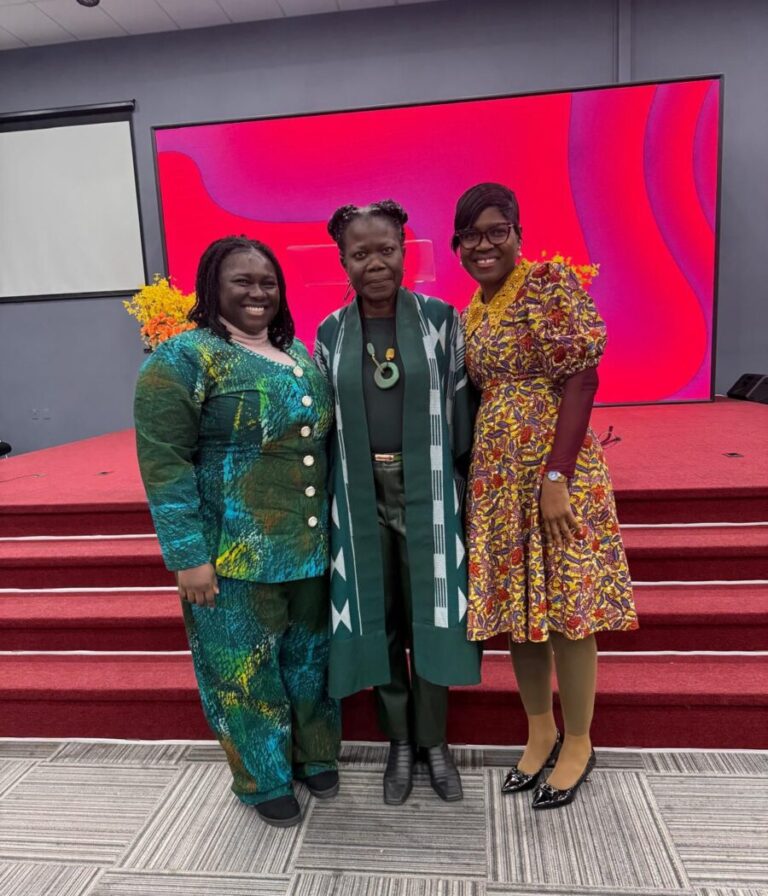
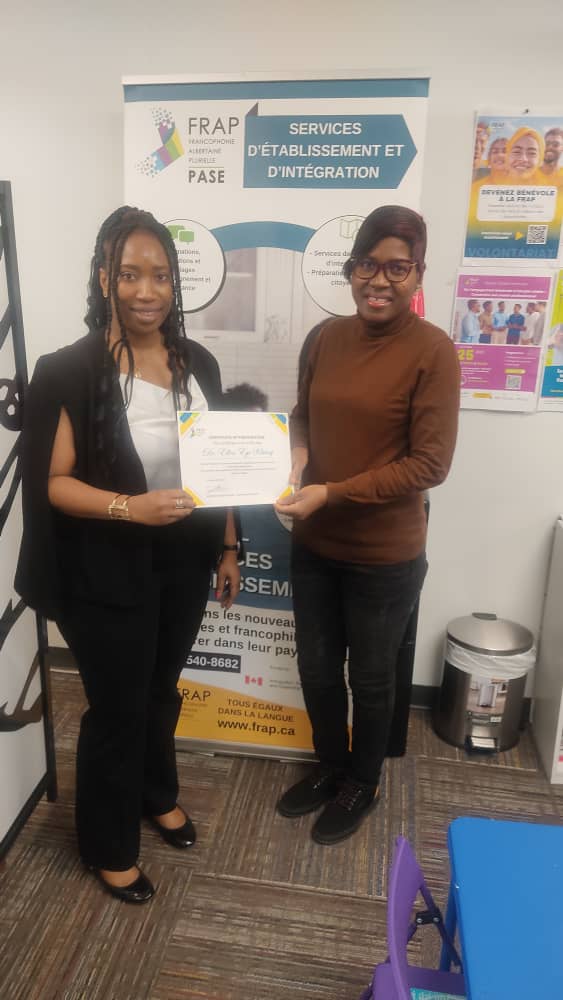

Project Publications
- Coming Soon
